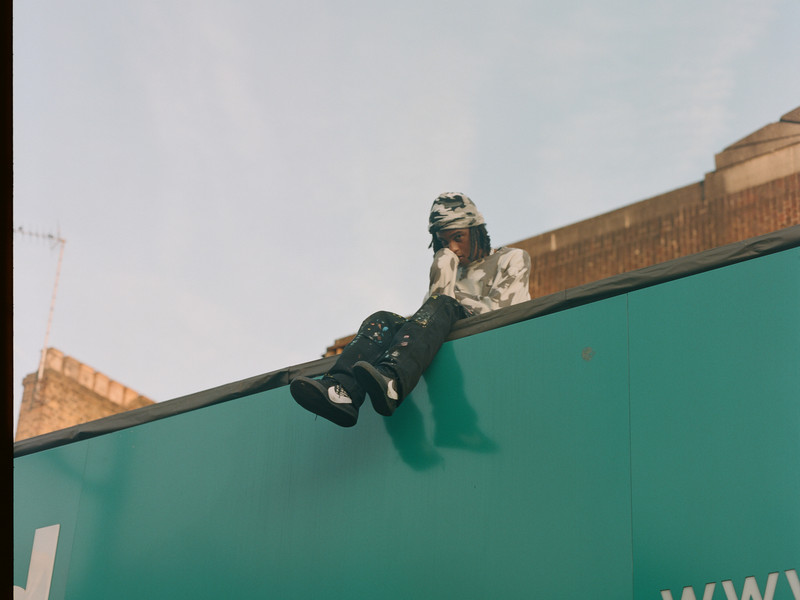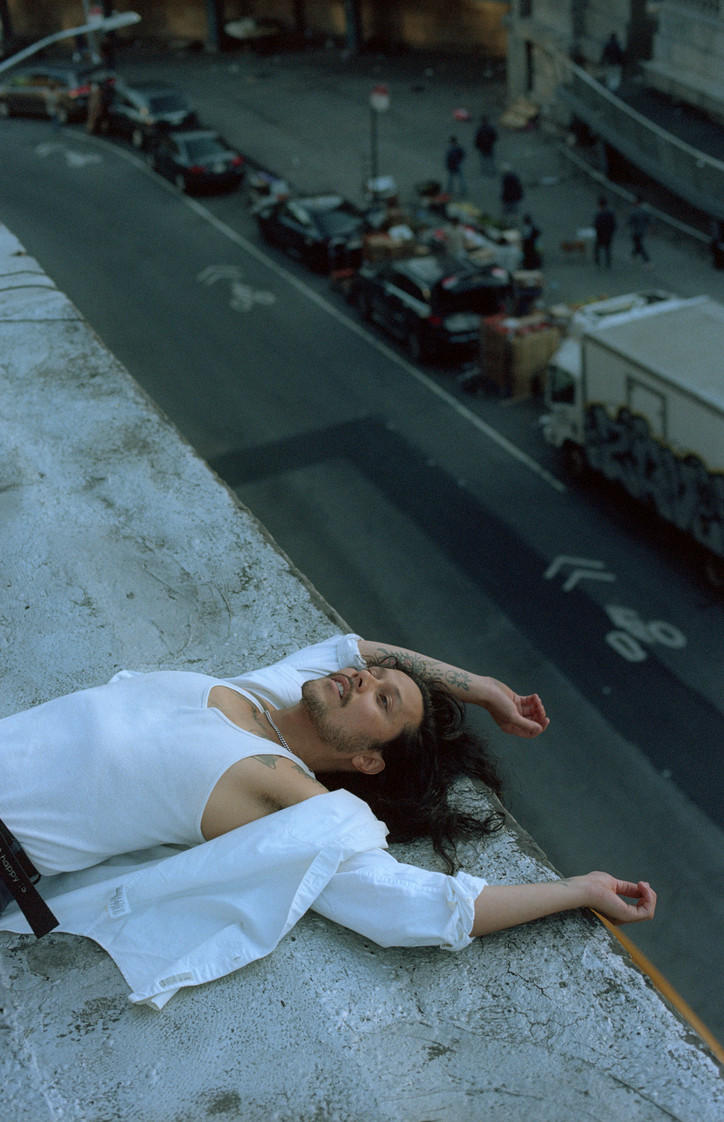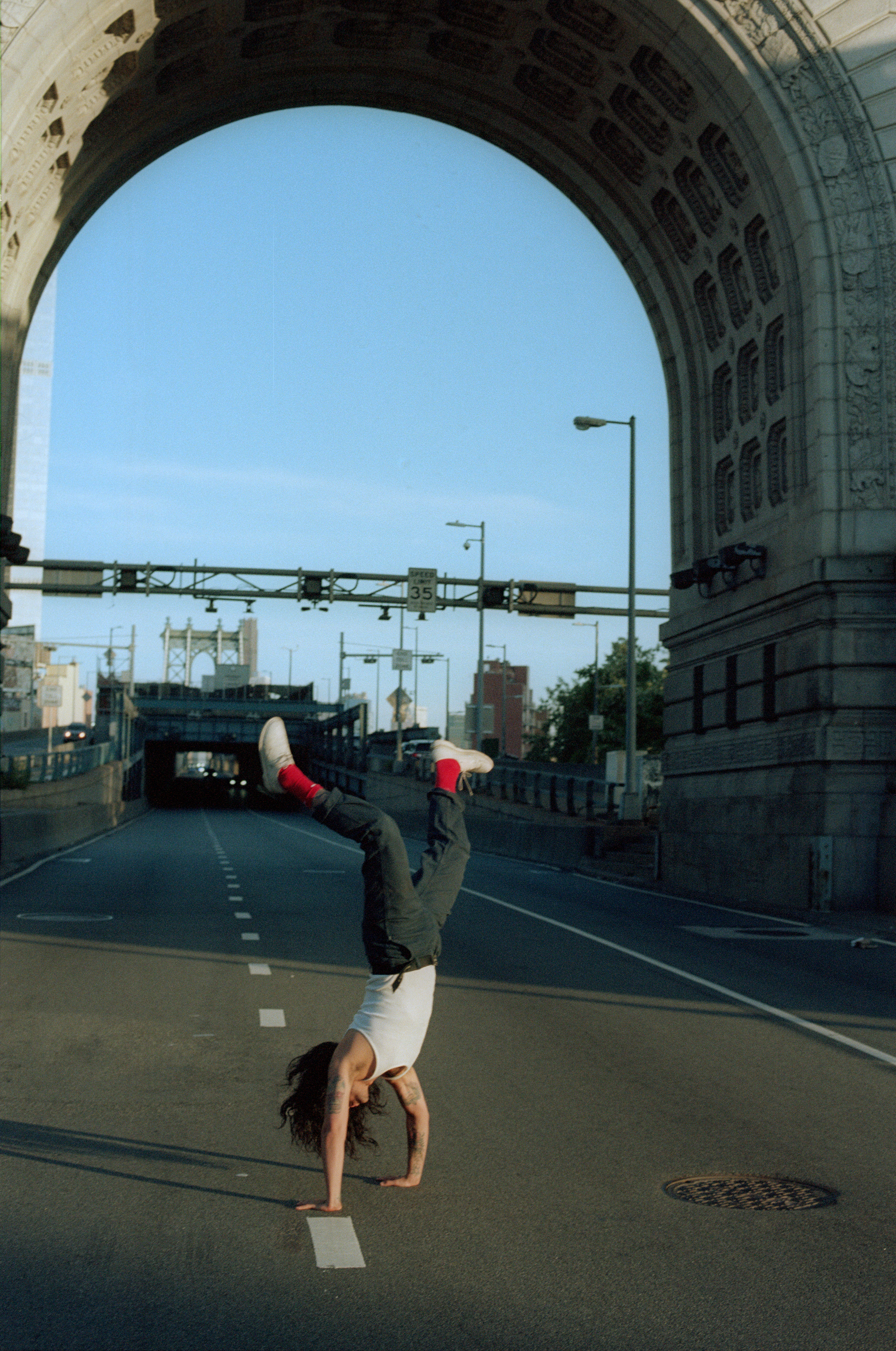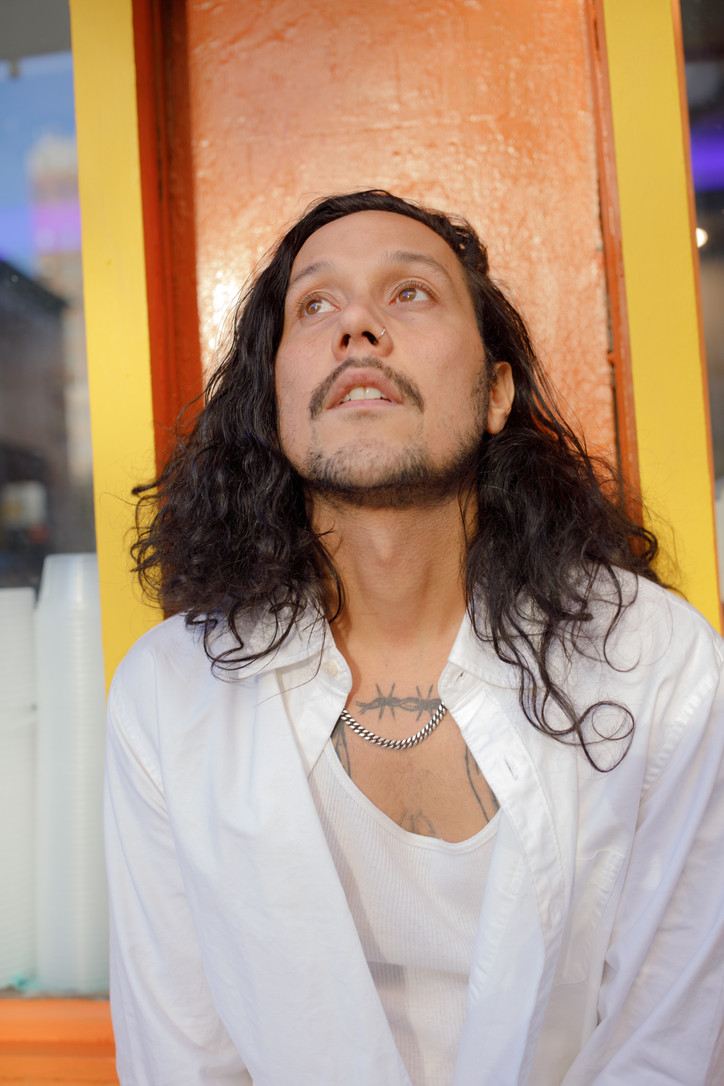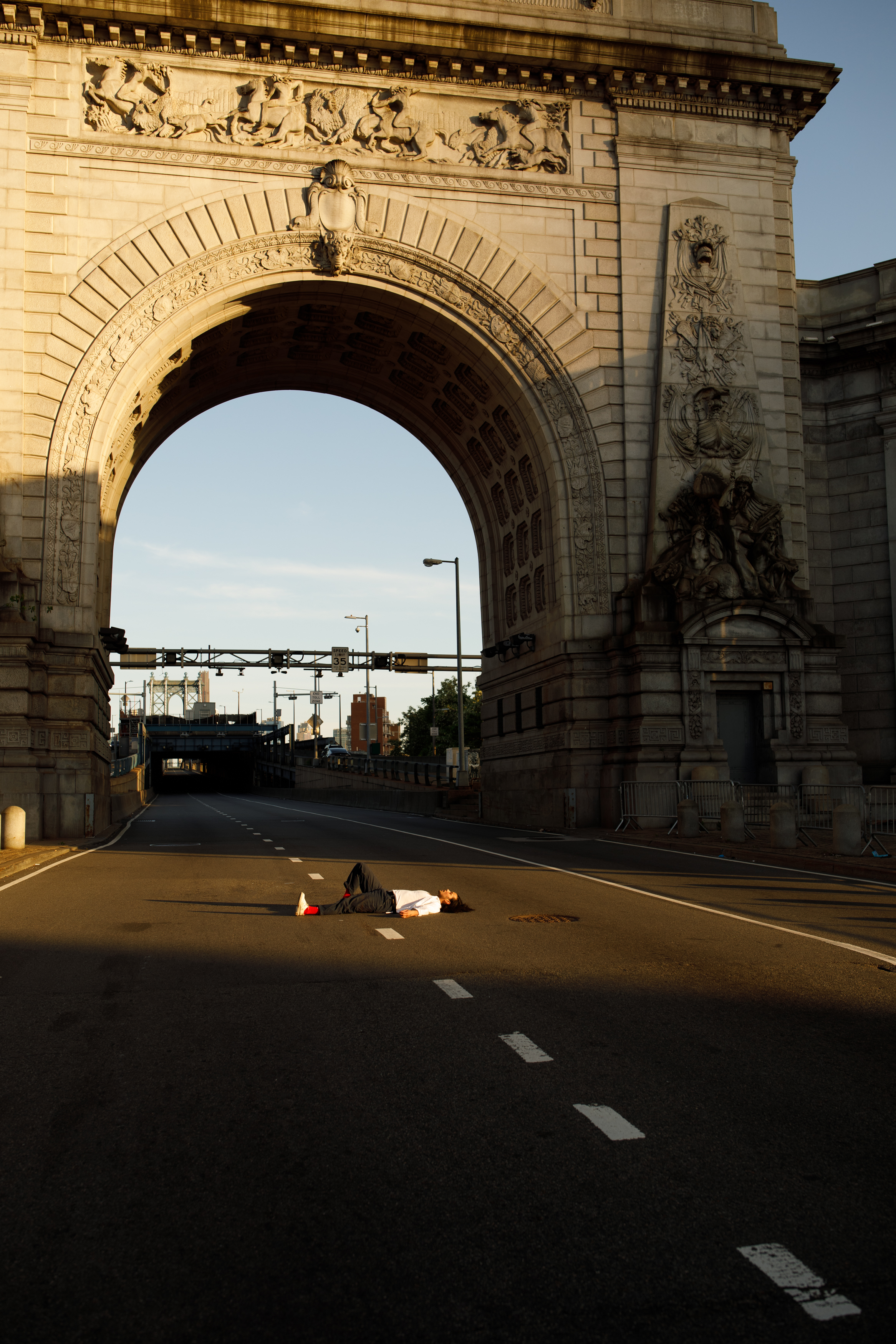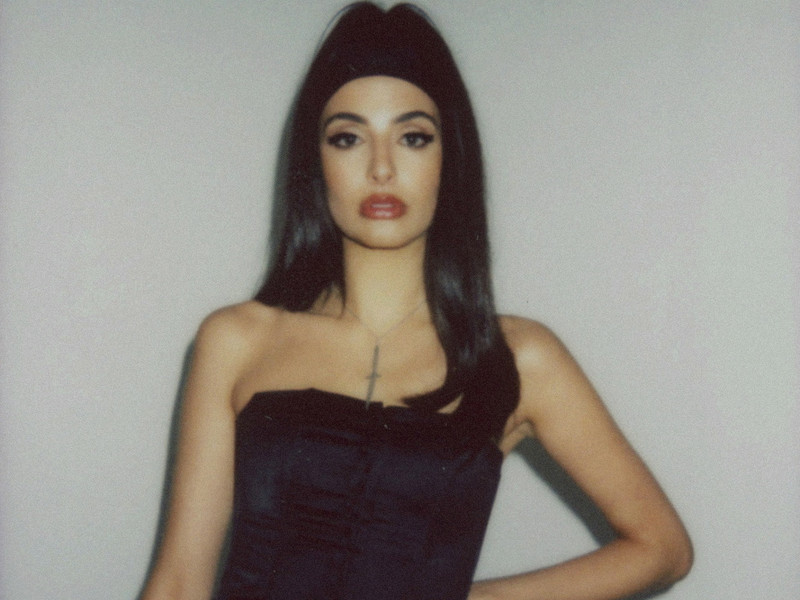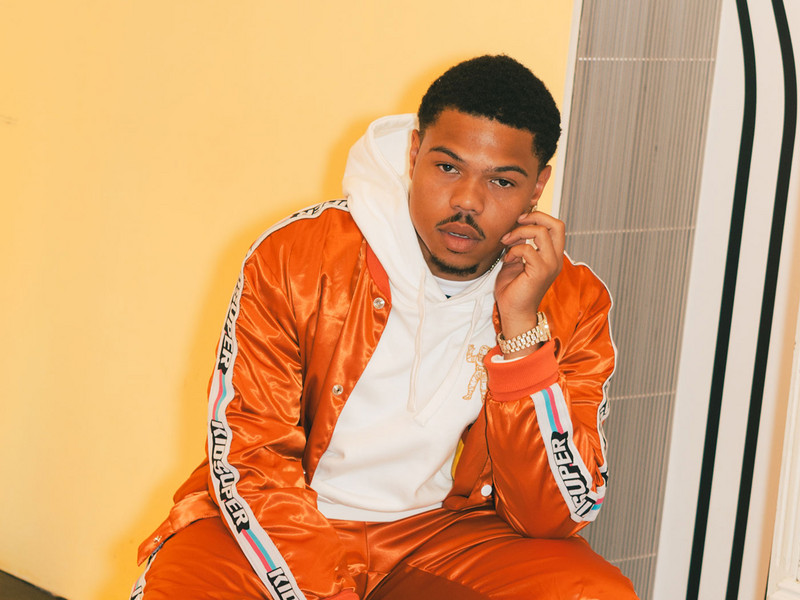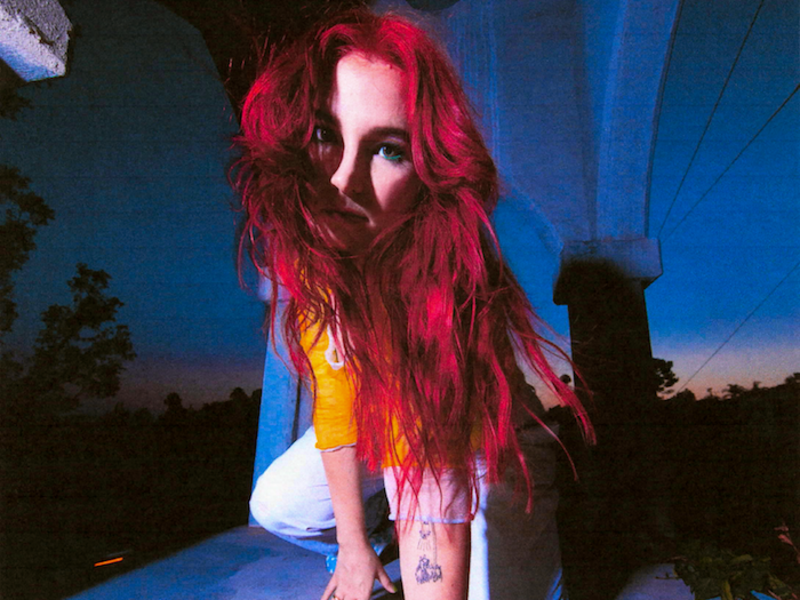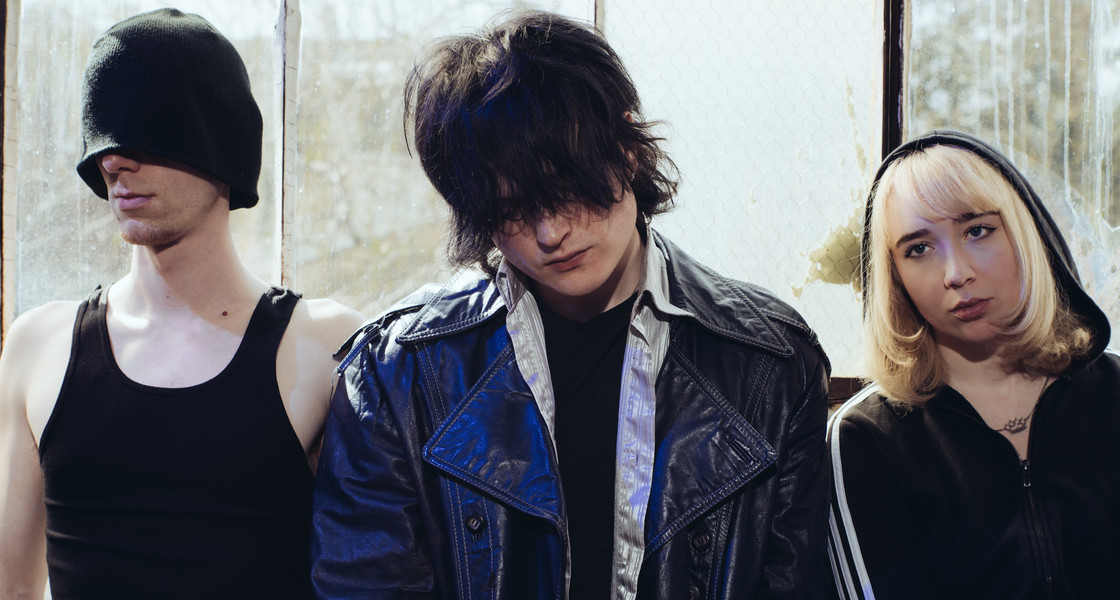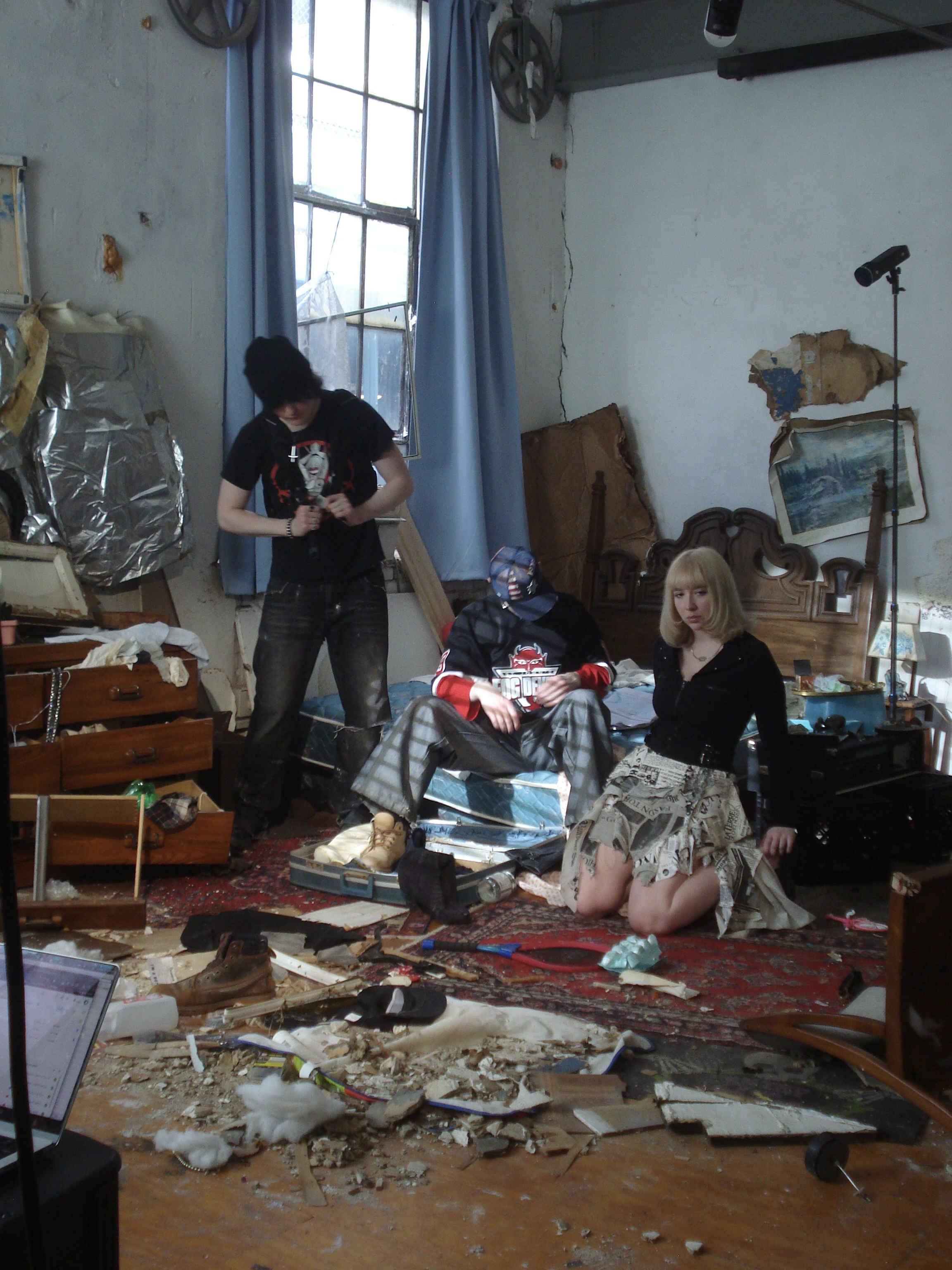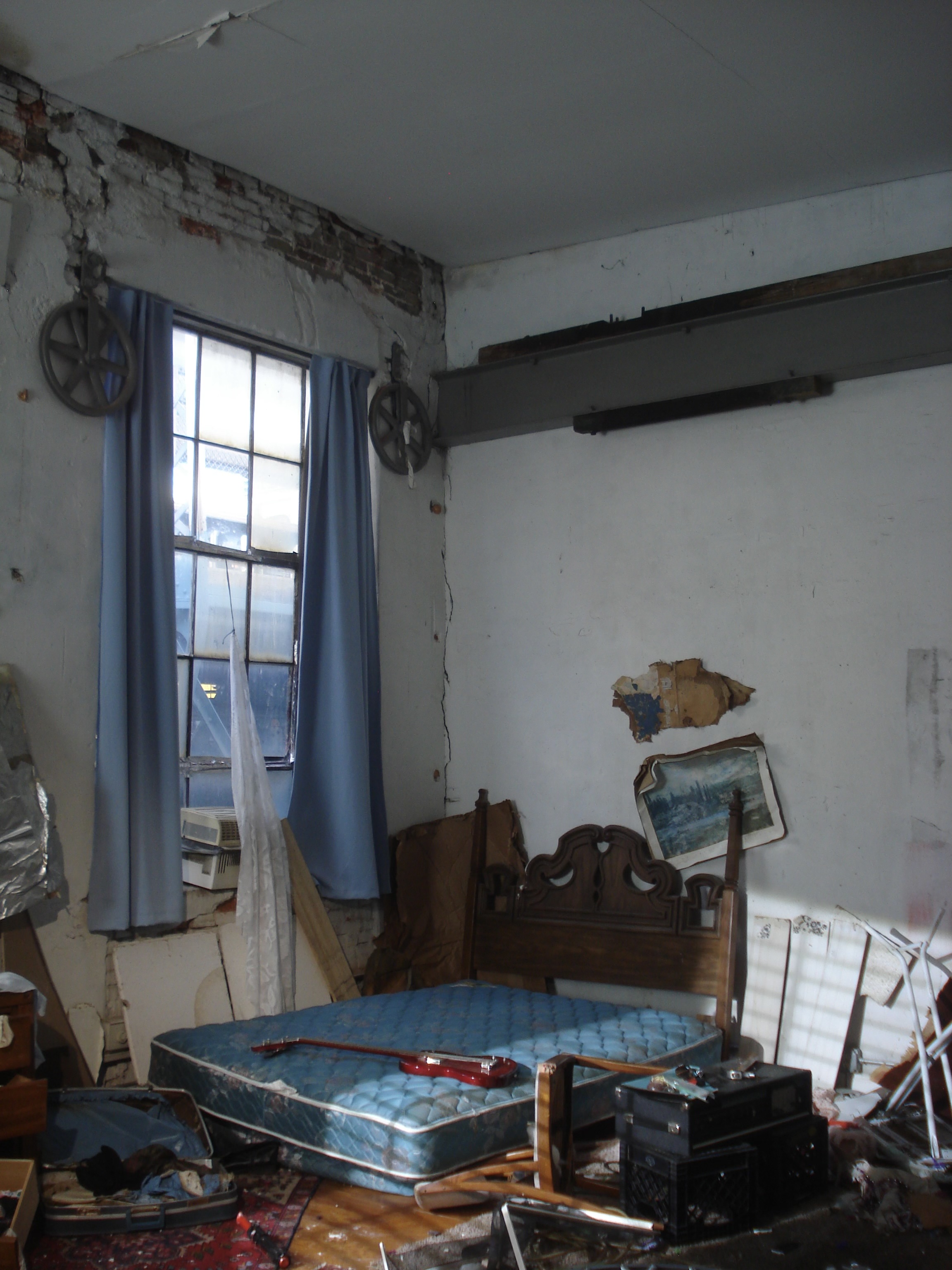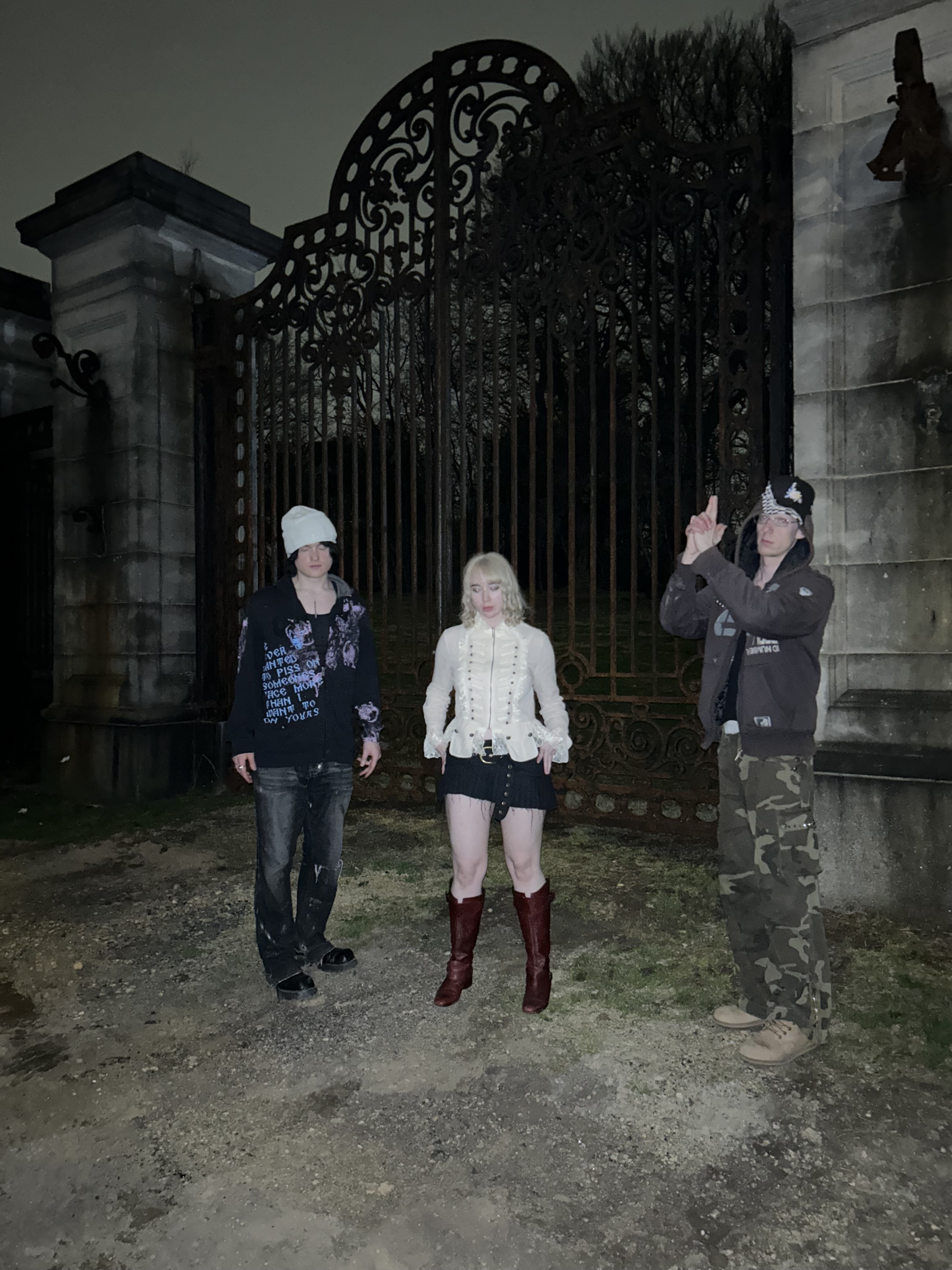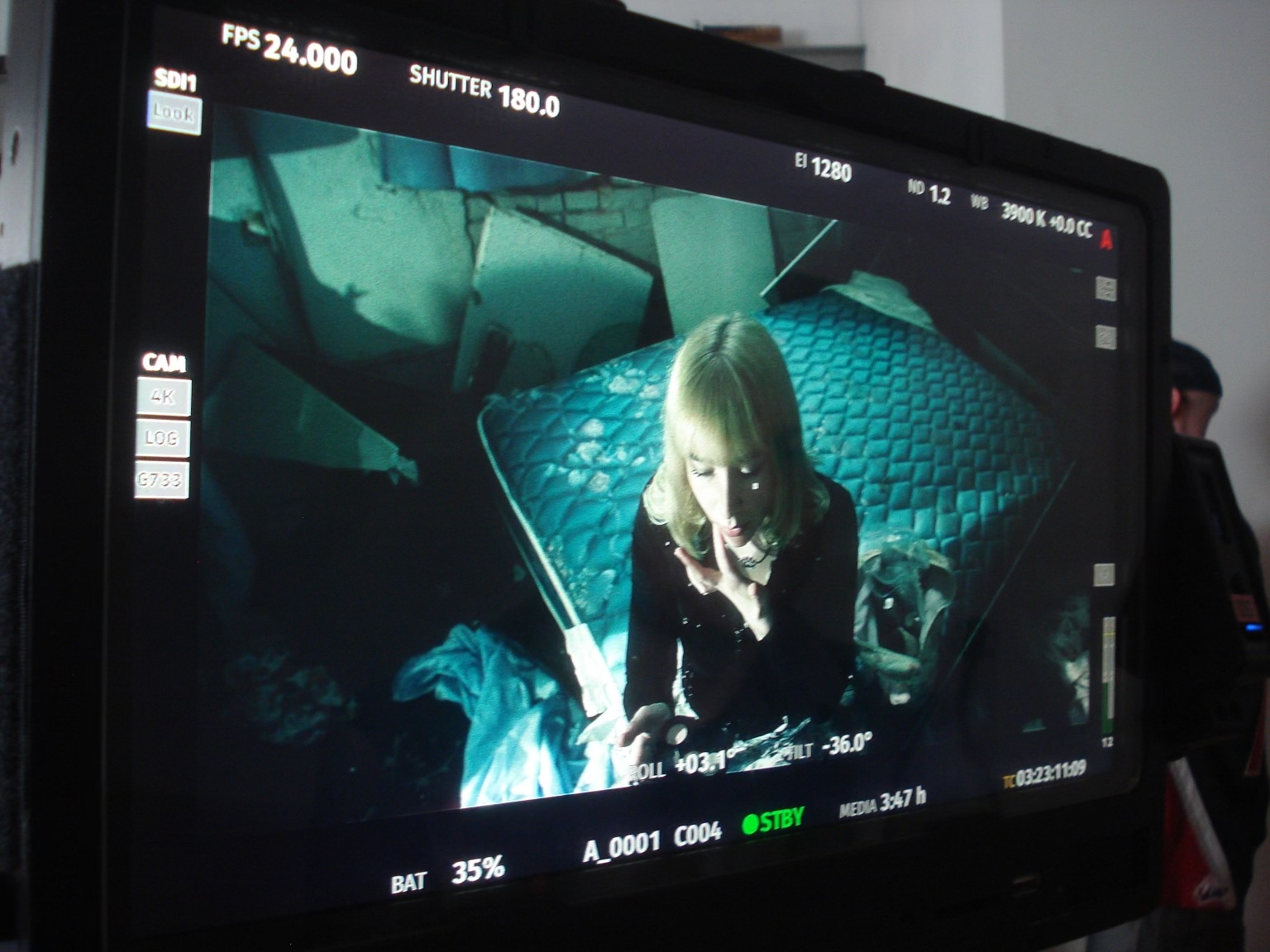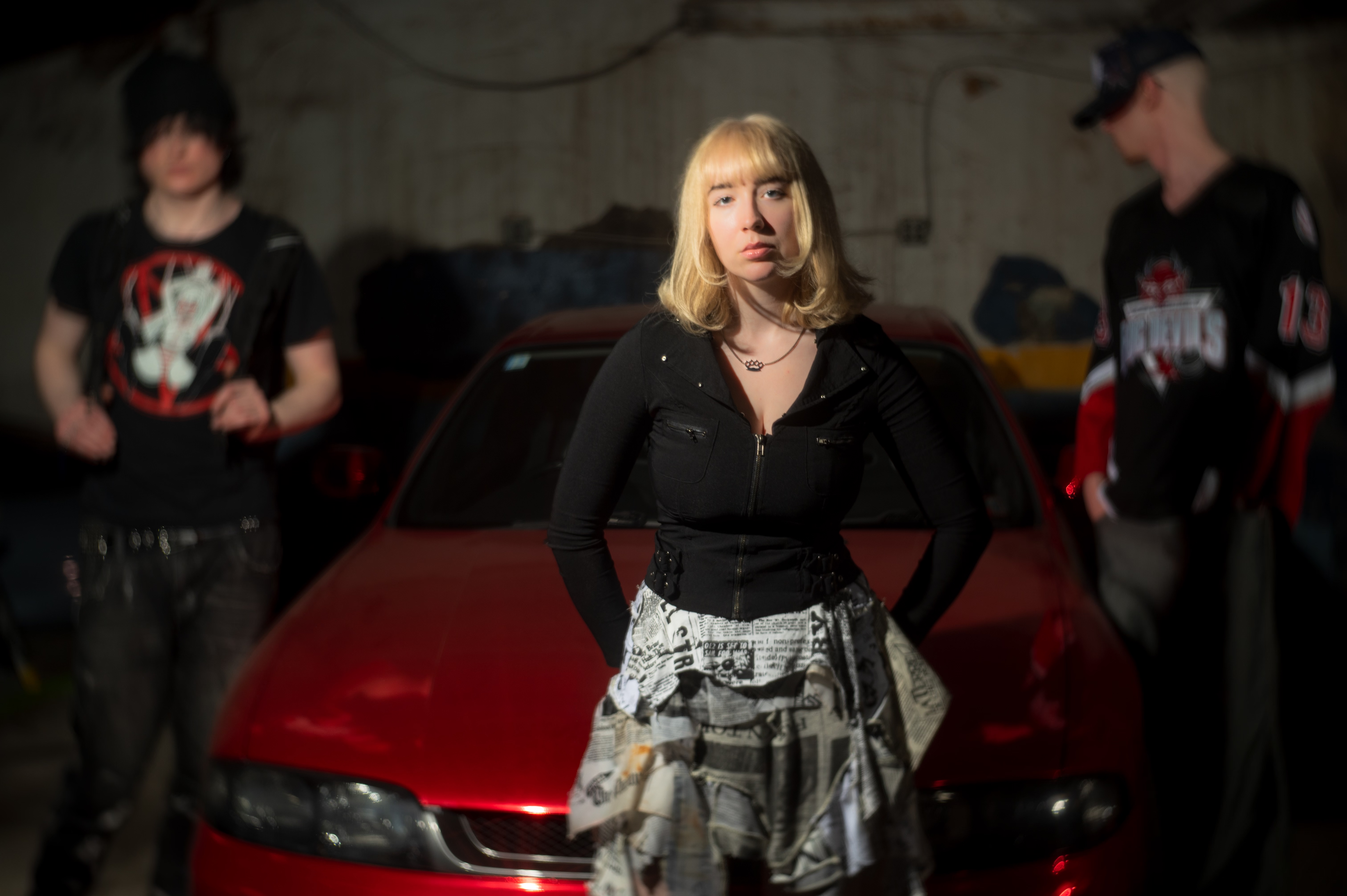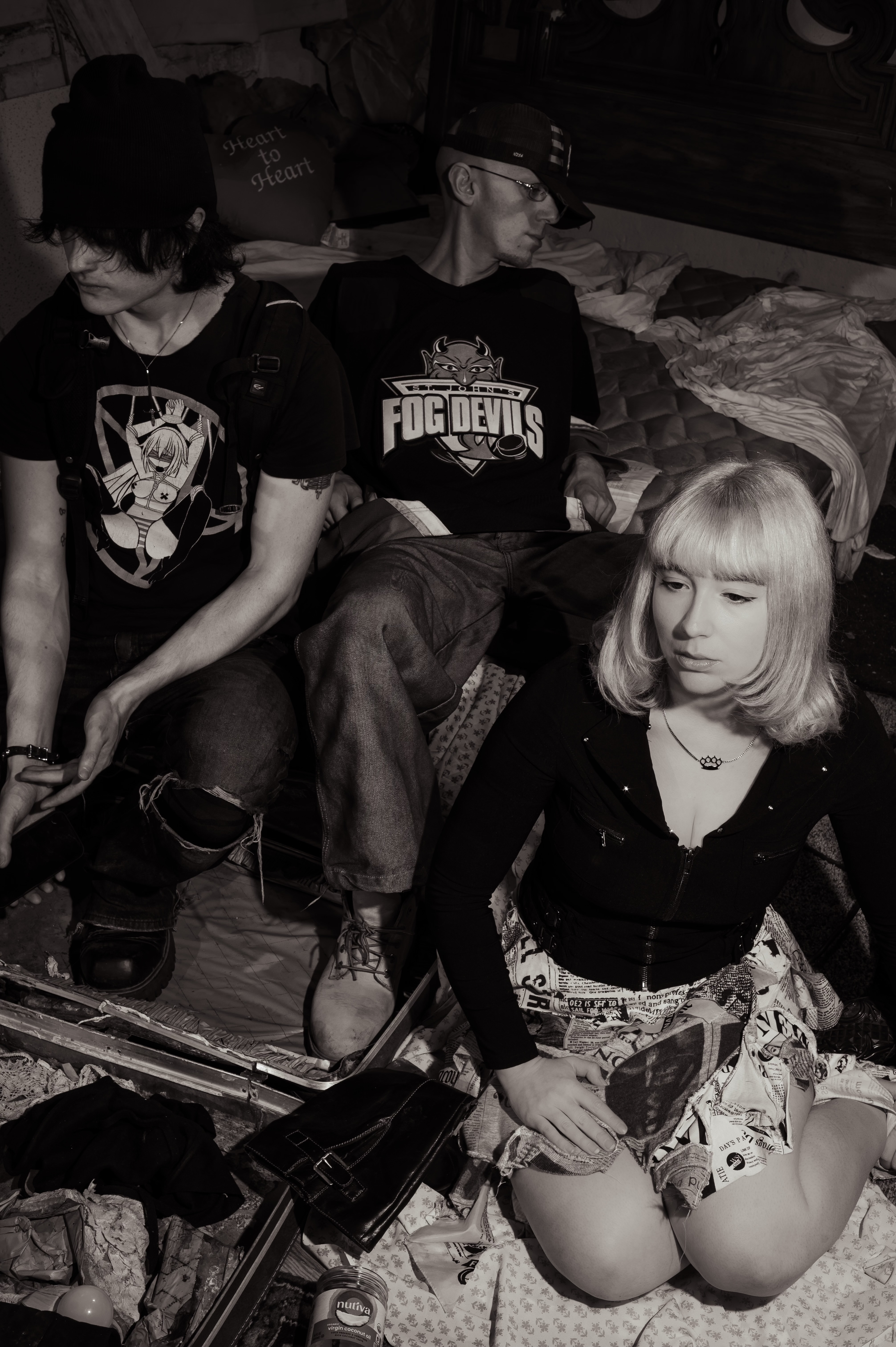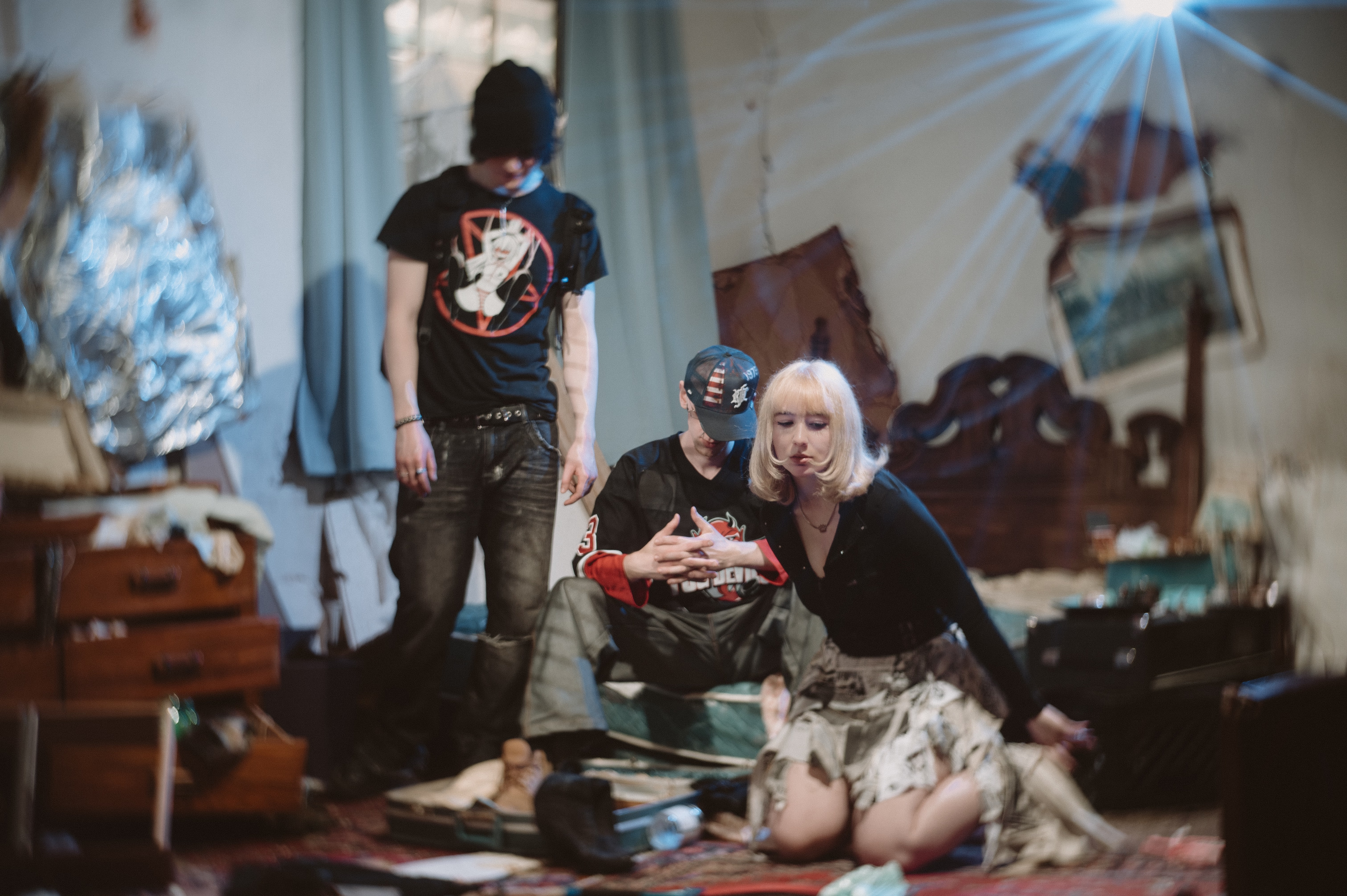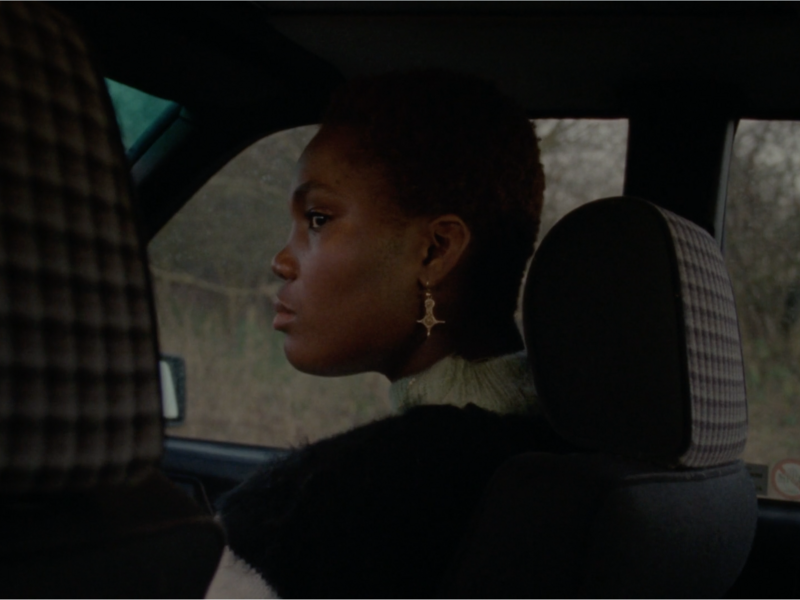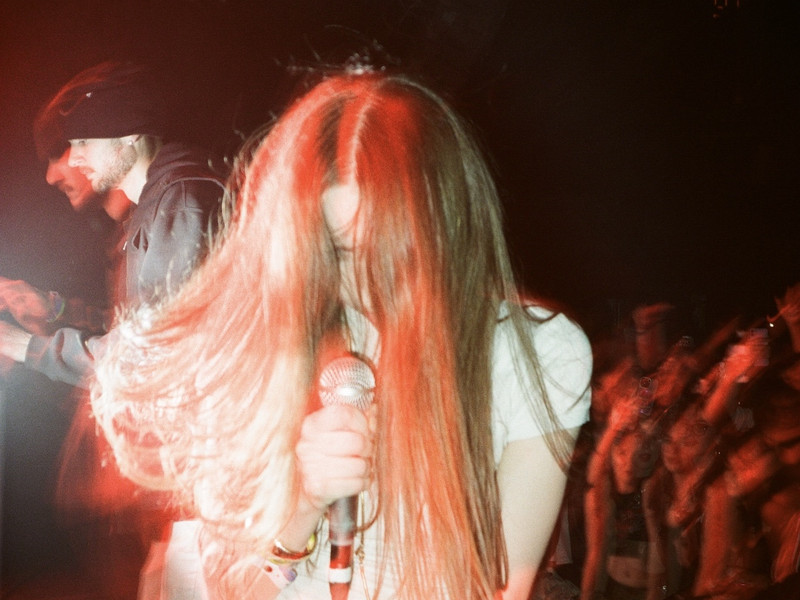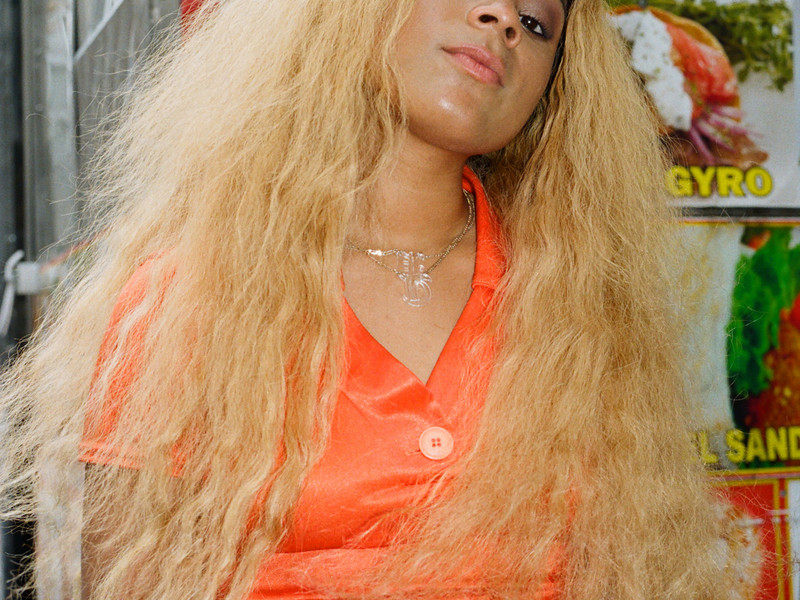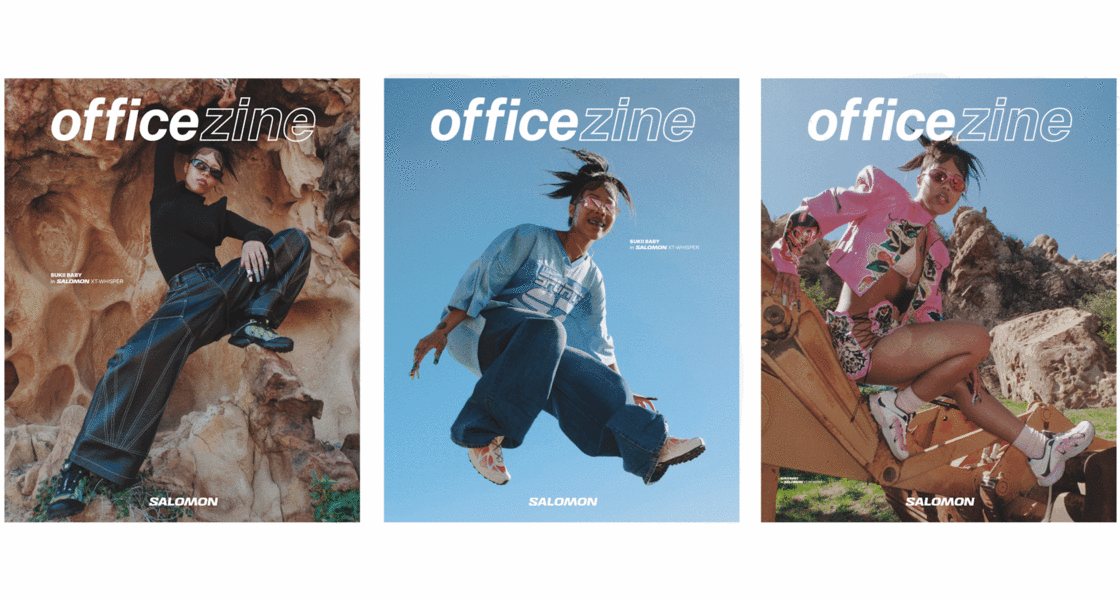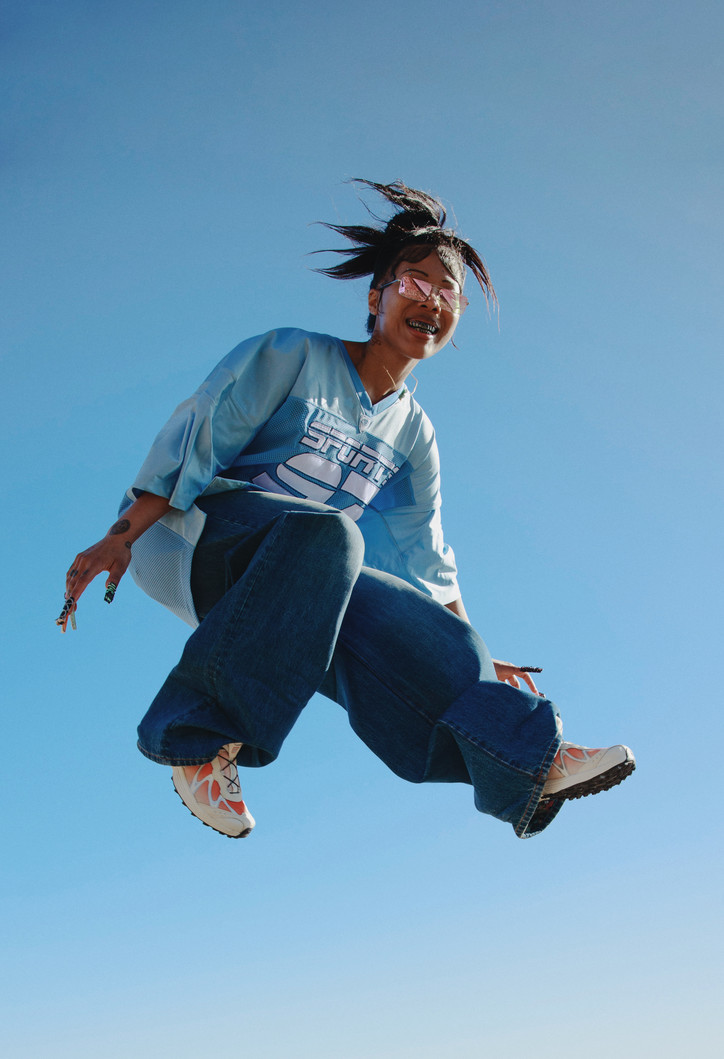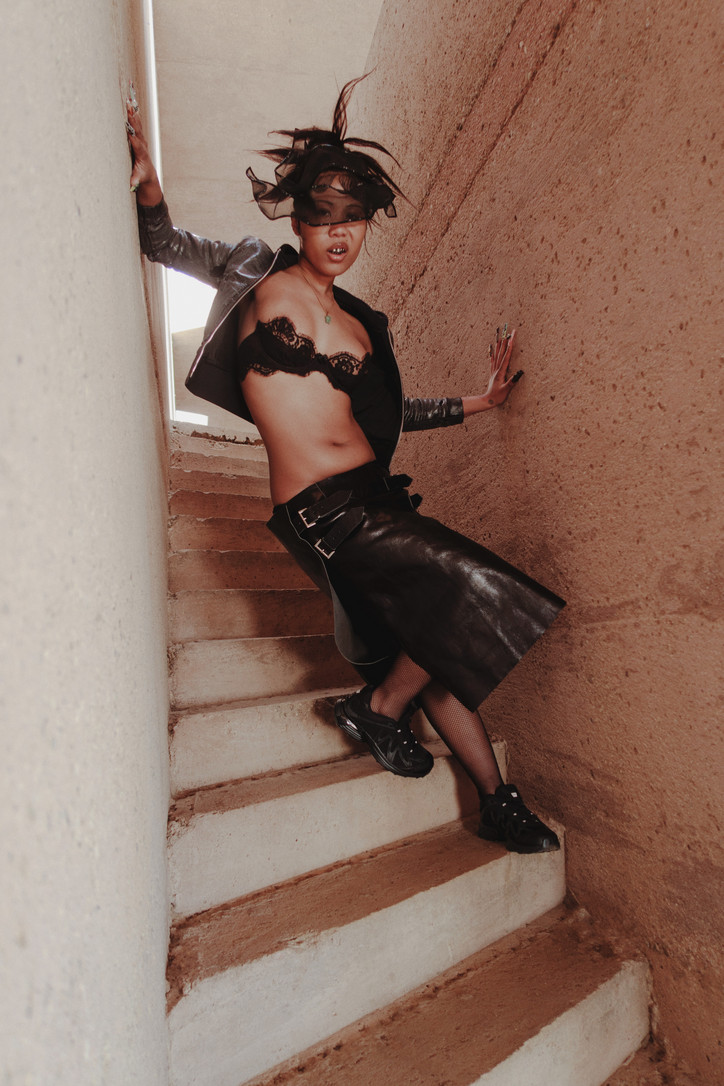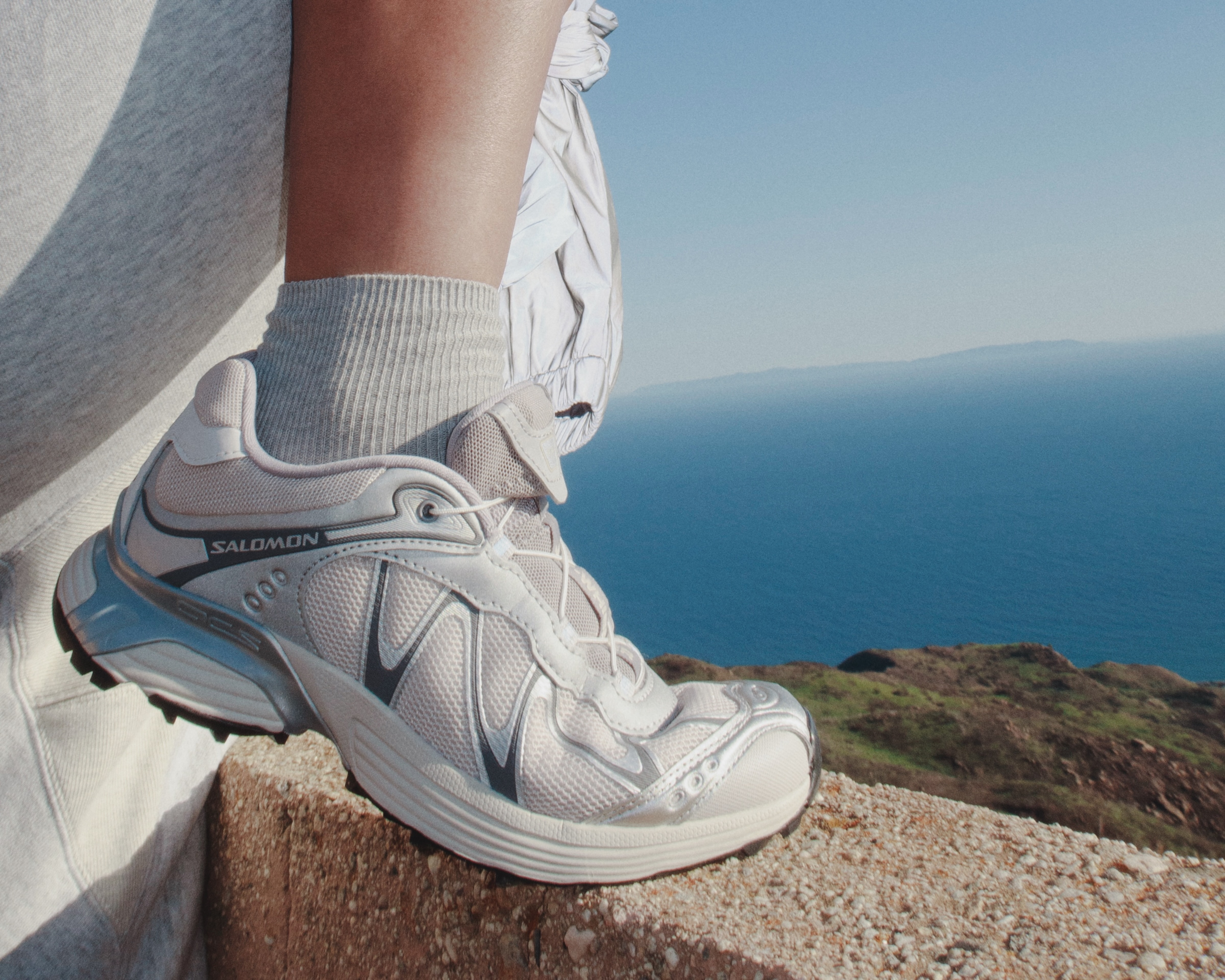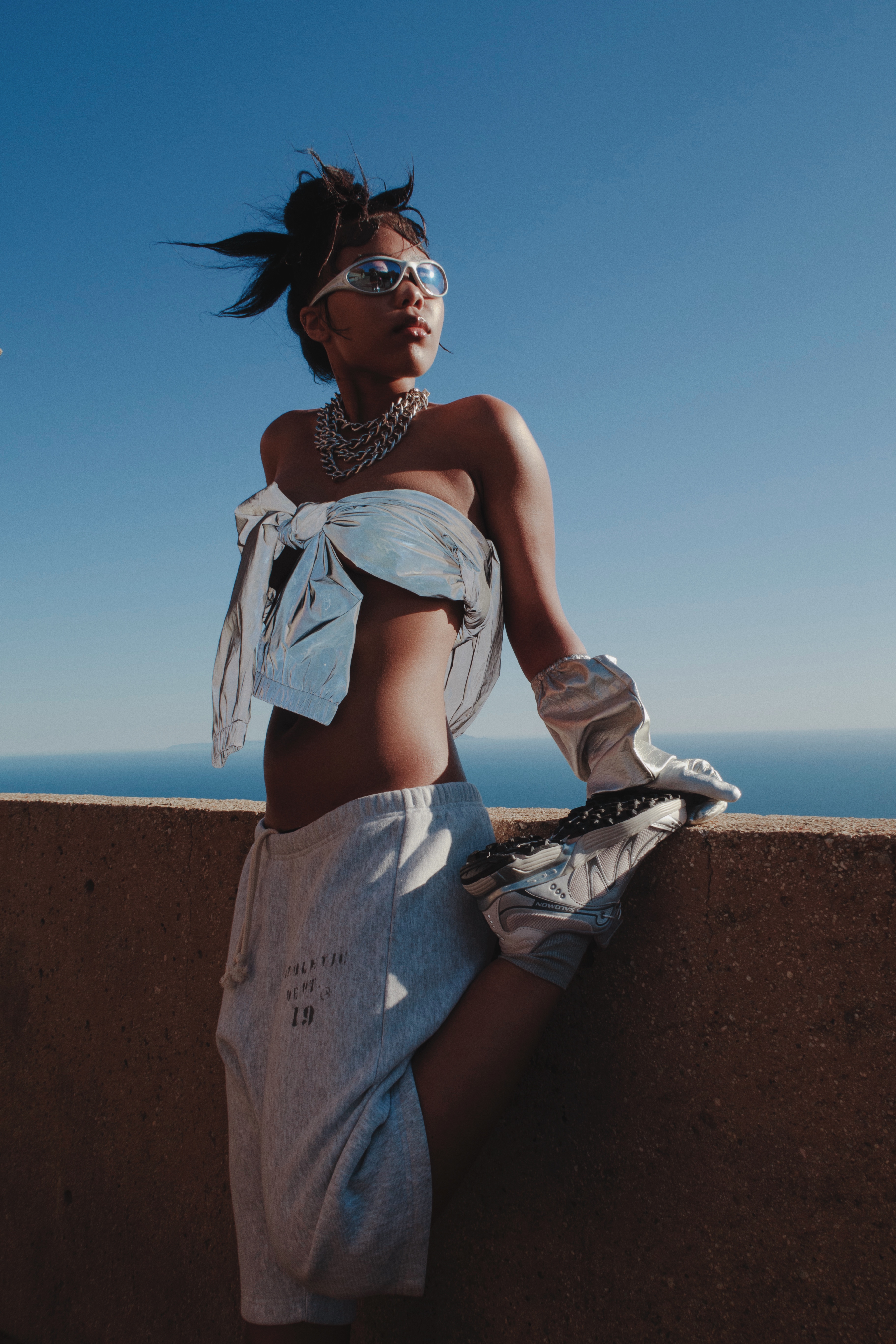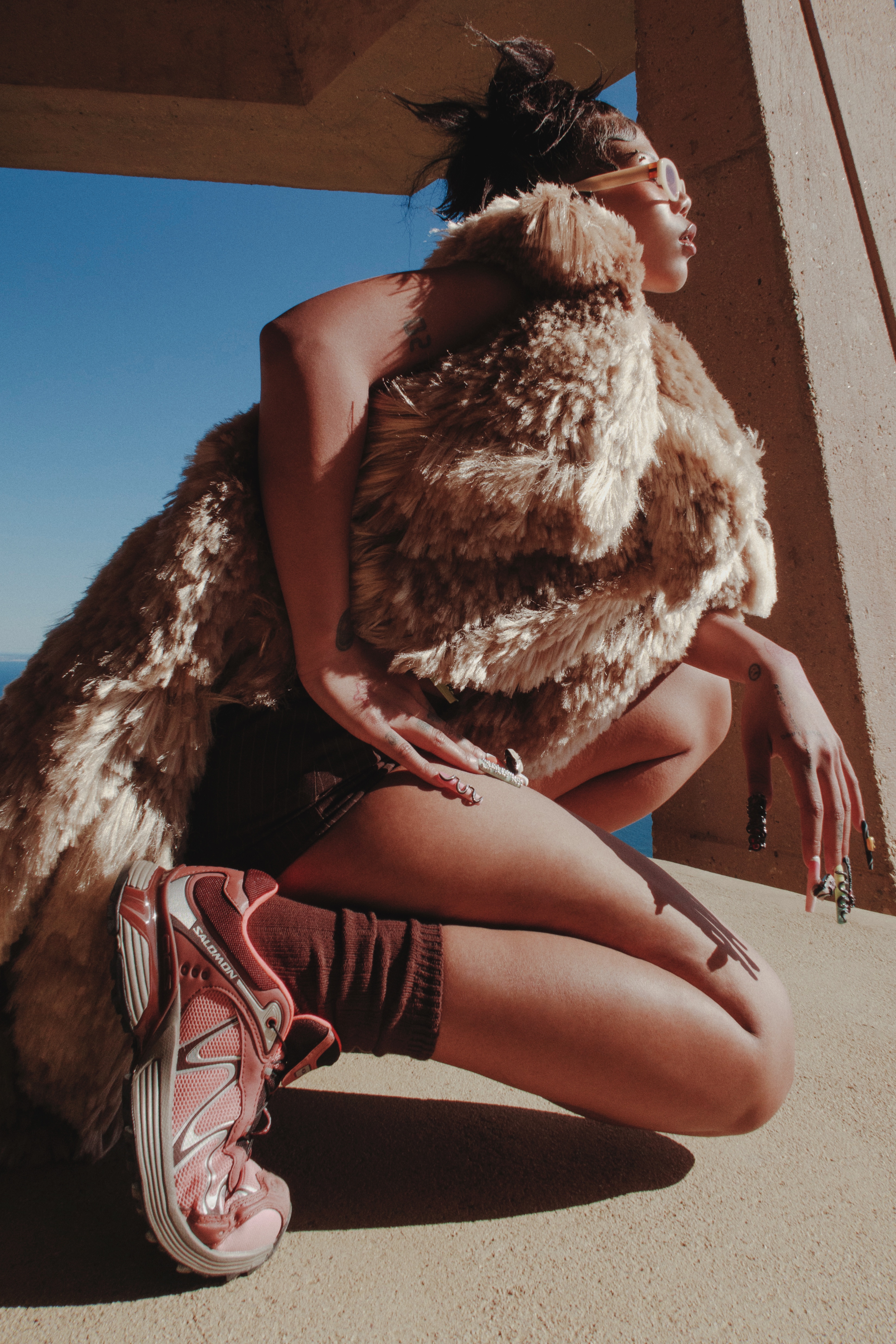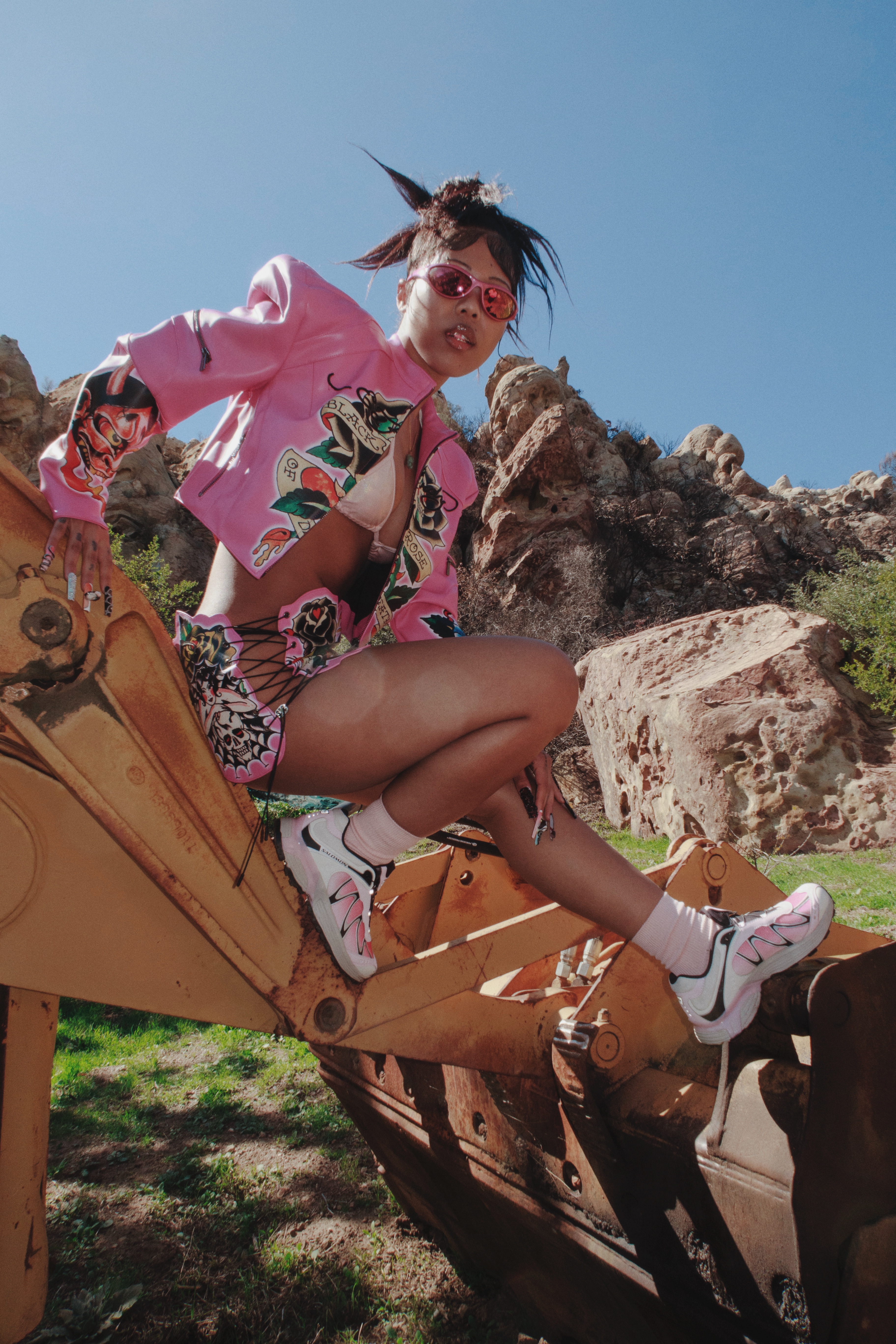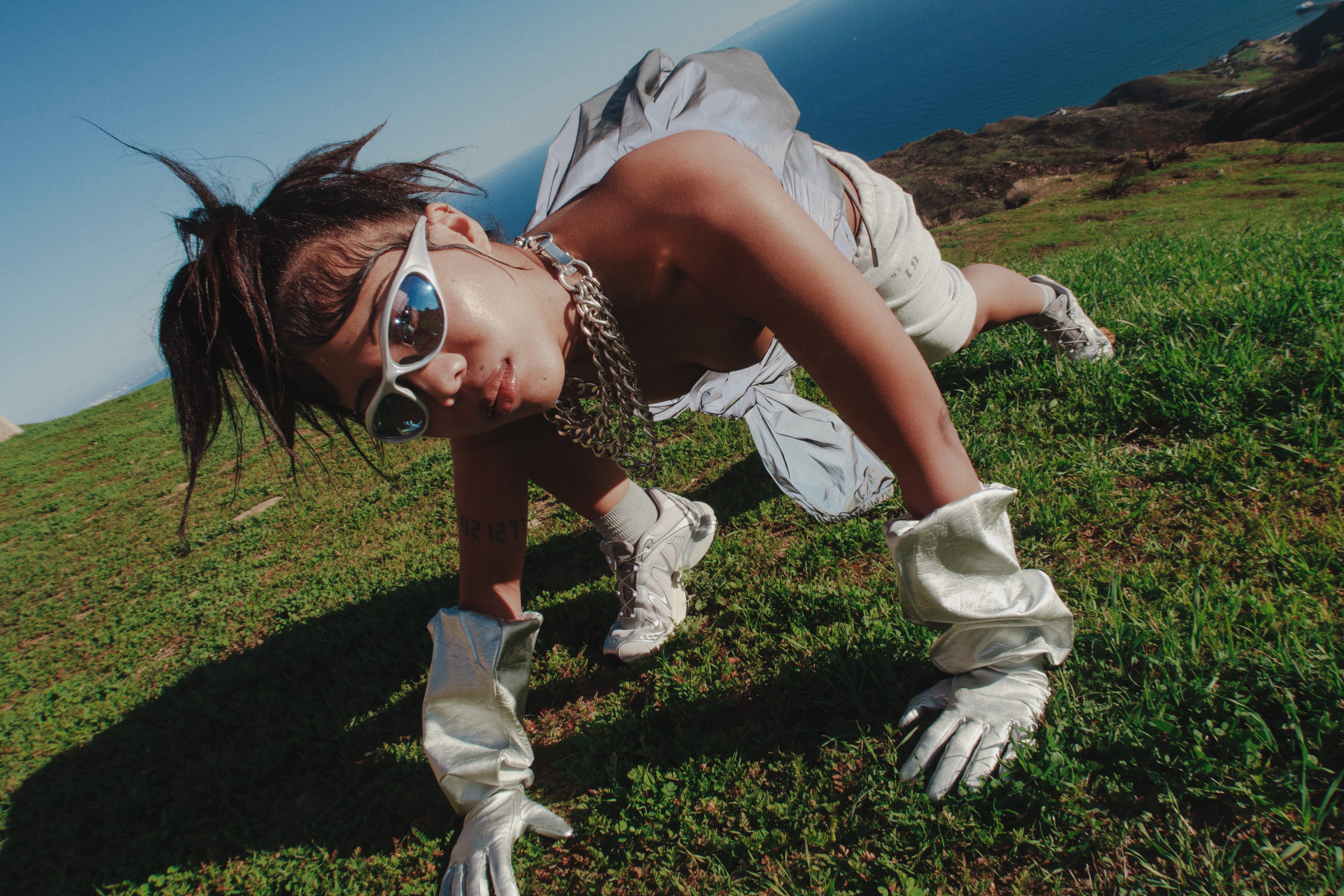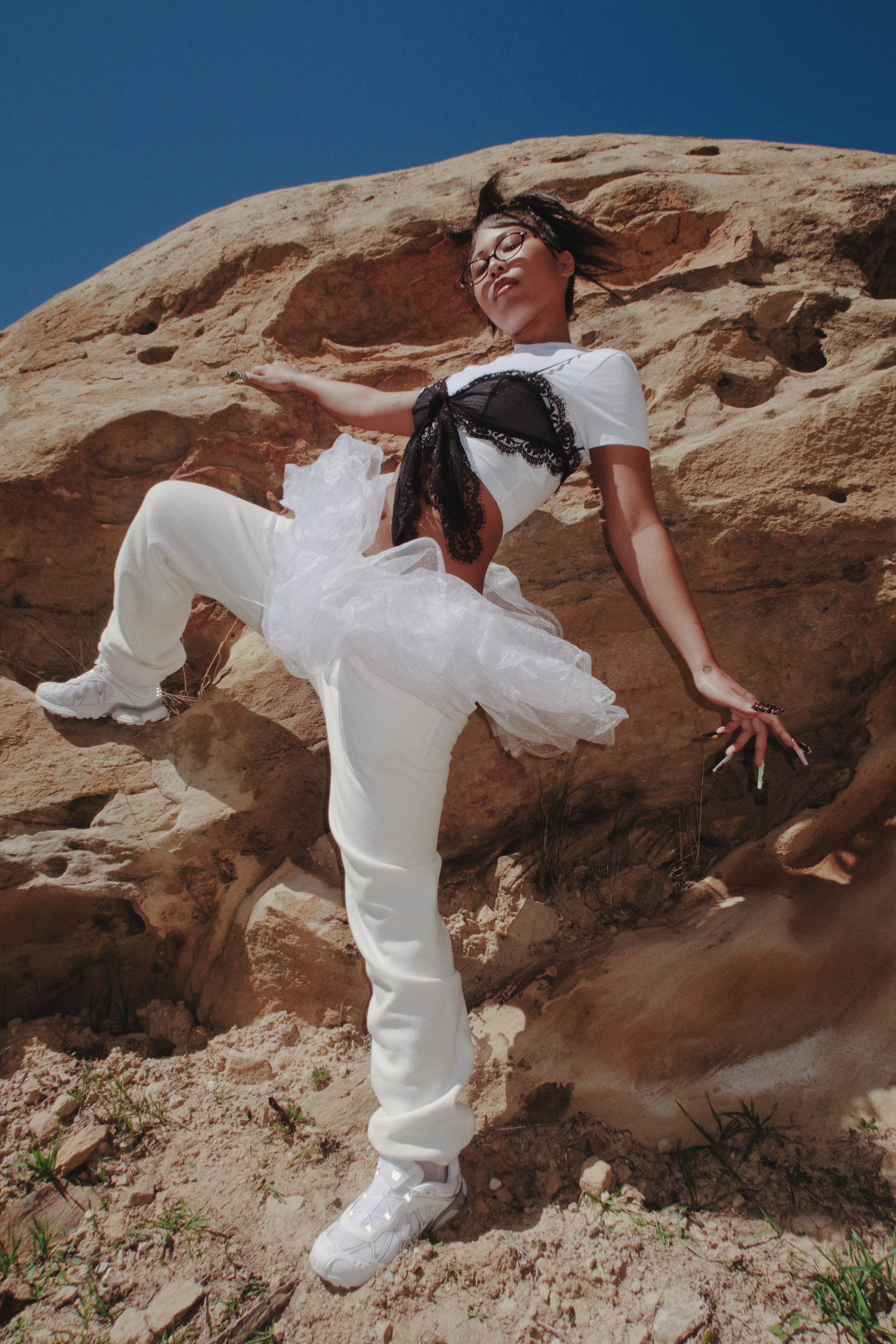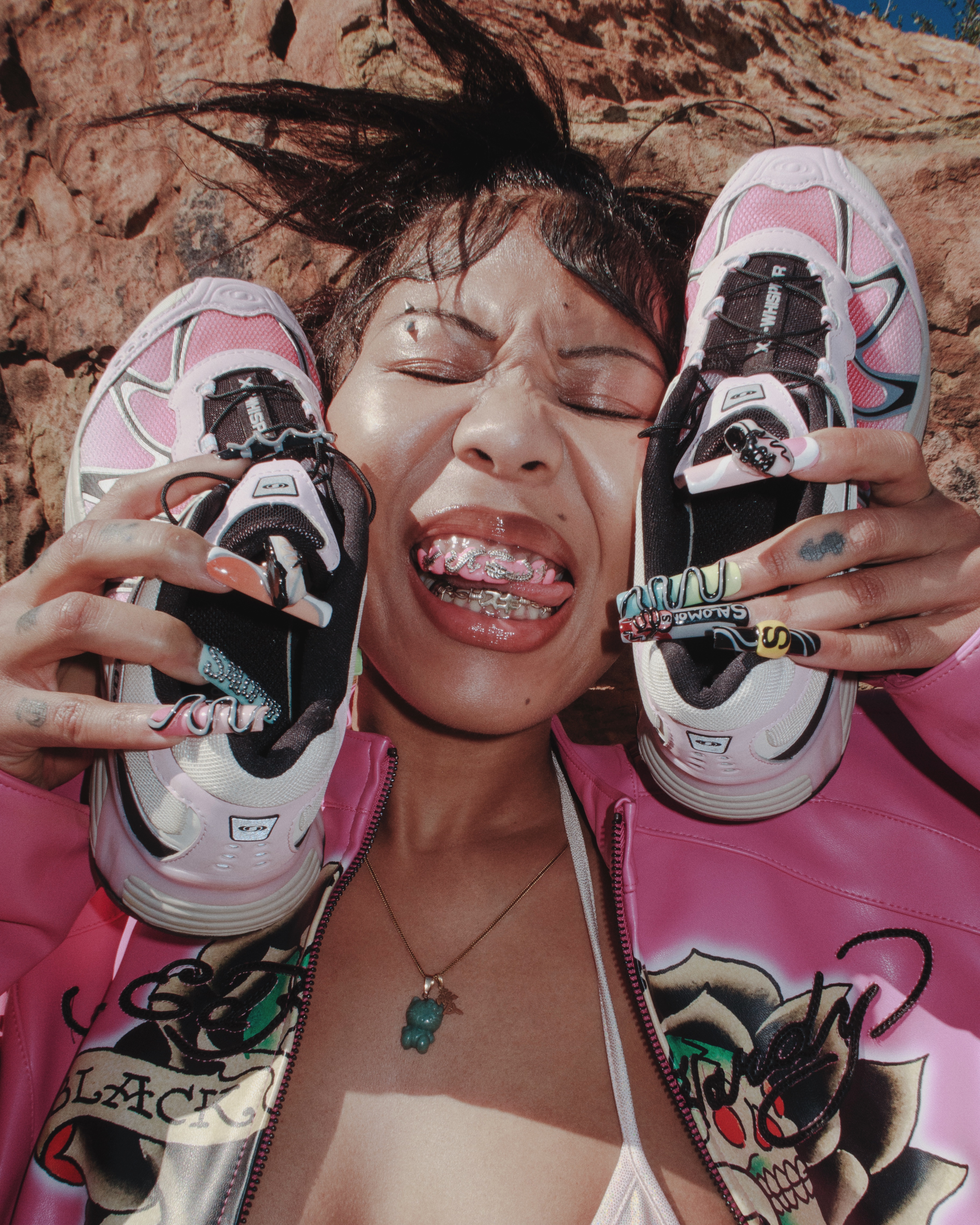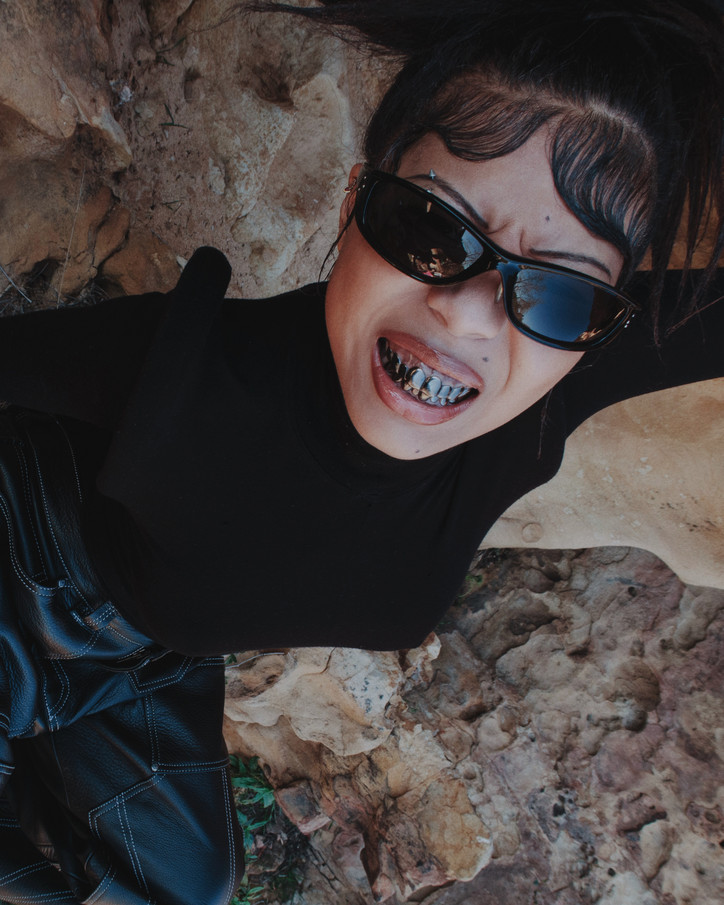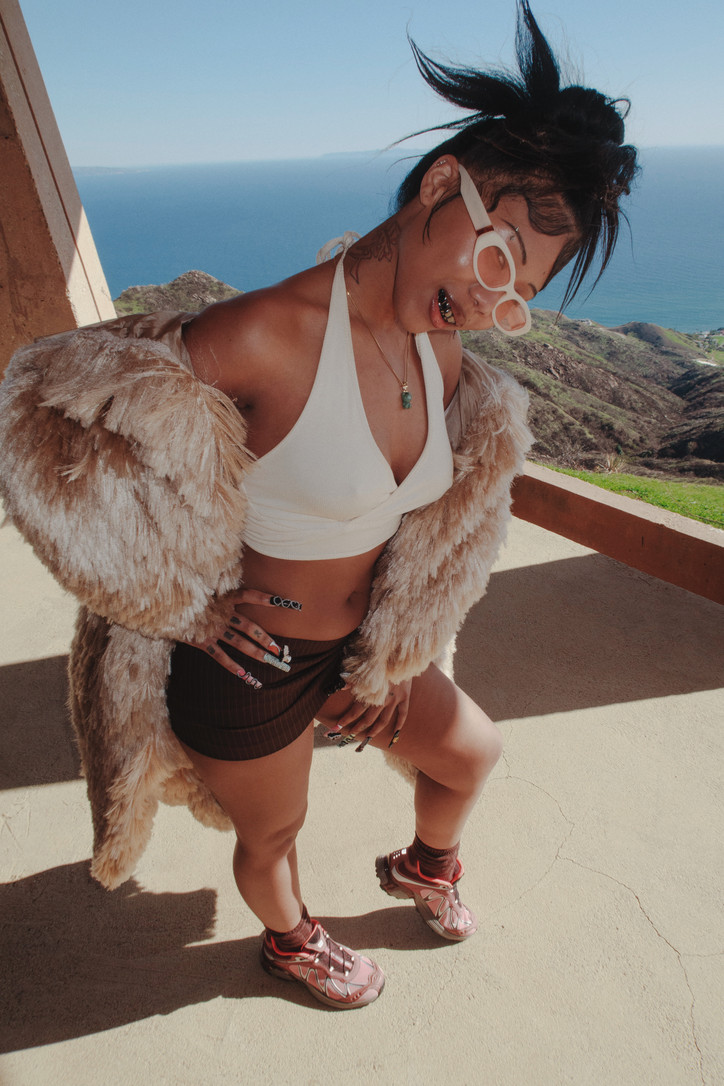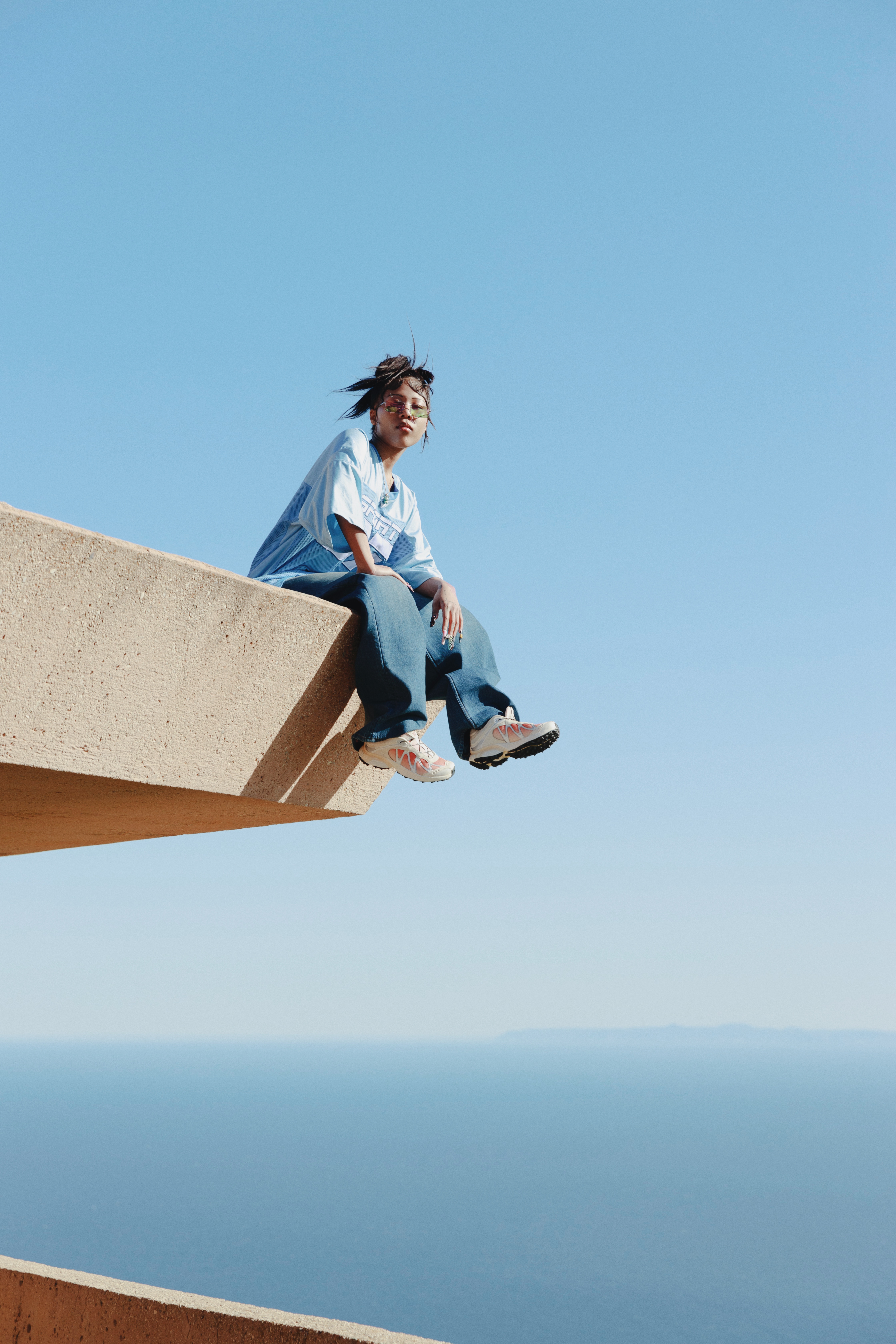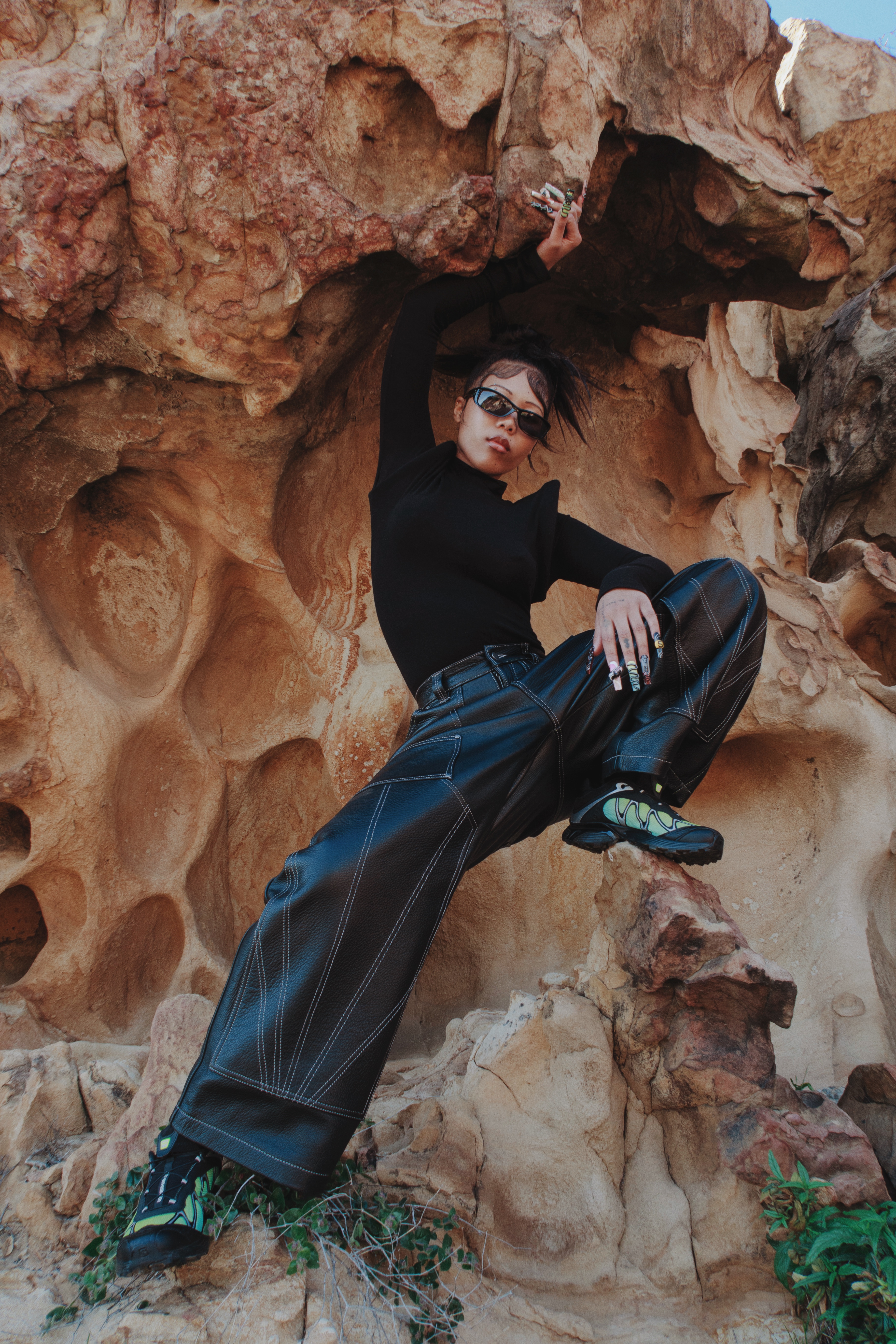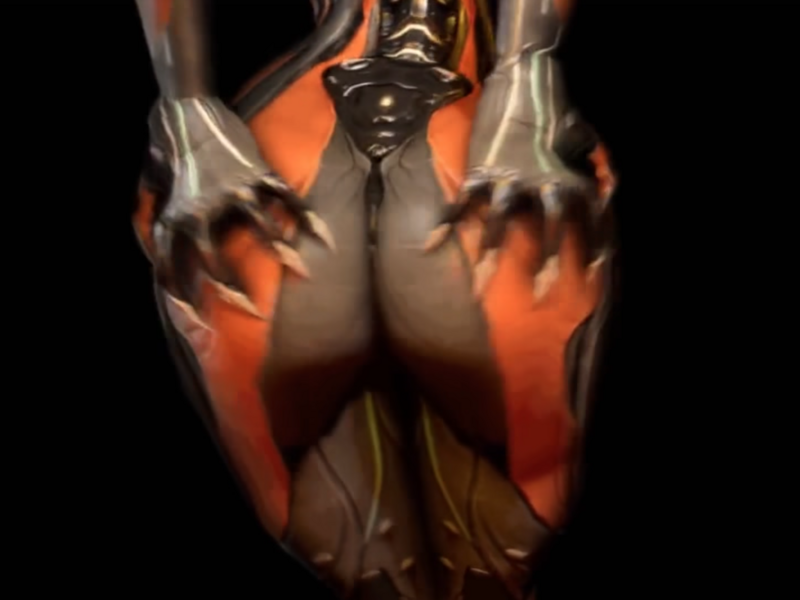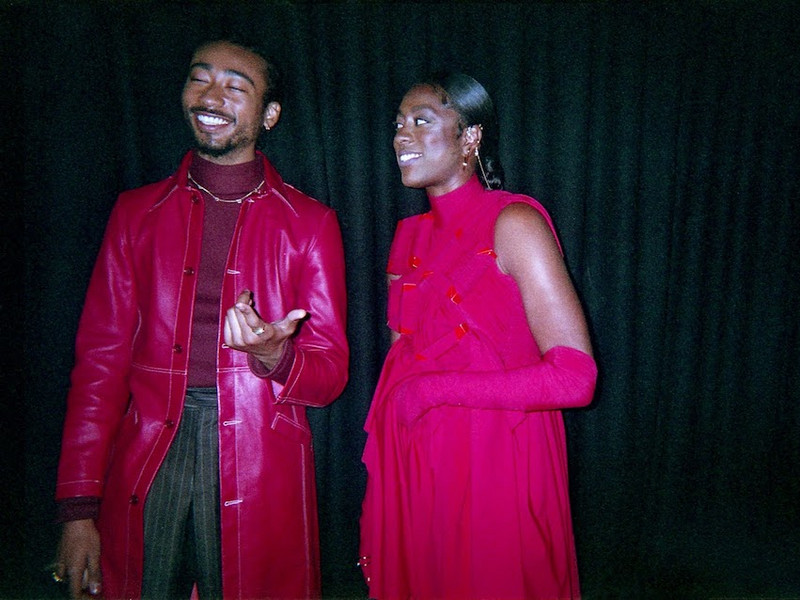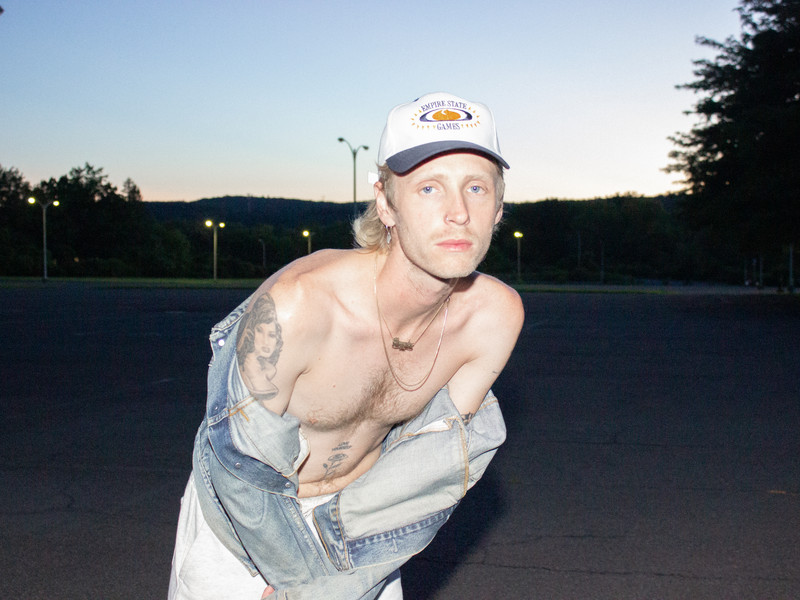We Don't Cause Trouble We Don't Bother Nobody: Slick Rick
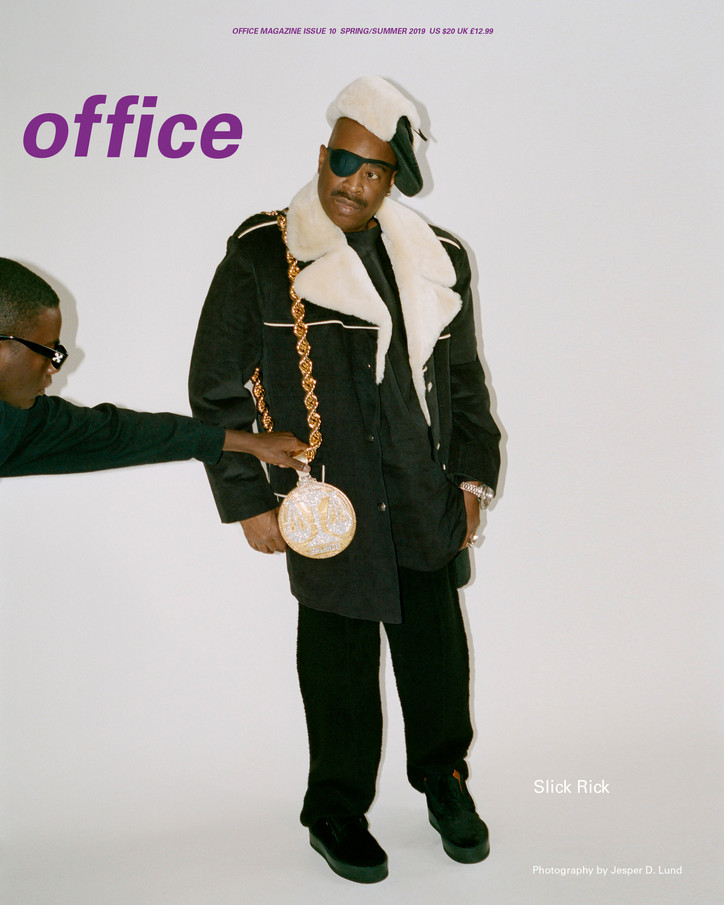
“That’s like Billy Joel, or Tony Bennett,” he says. “Someone people feel nostalgic over—that’s a legacy. But that’s not me. Some people just have the ability to draw in others without having to act young, or rely on some shit they did forty years ago.”
Forty years ago, Waters wasn’t even Slick Rick yet. It wasn’t until 1985, when he teamed up with Doug E. Fresh and his Get Fresh Crew, that he released his first hit, “La Di Da Di,” and three more years until he dropped The Great Adventures of Slick Rick, the album that made him “somewhat famous,” as he puts it. Except it made him really famous, and since then he’s become the most sampled hip-hop artist of all time, with songs from the record having been excerpted by everyone from Beyoncé and Jay-Z to Eminem and Miley Cyrus. Thirty years later, and the album still holds weight. In fact, in honor of its thirtieth anniversary at the end of last year, Def Jam released an updated version featuring two new tracks.
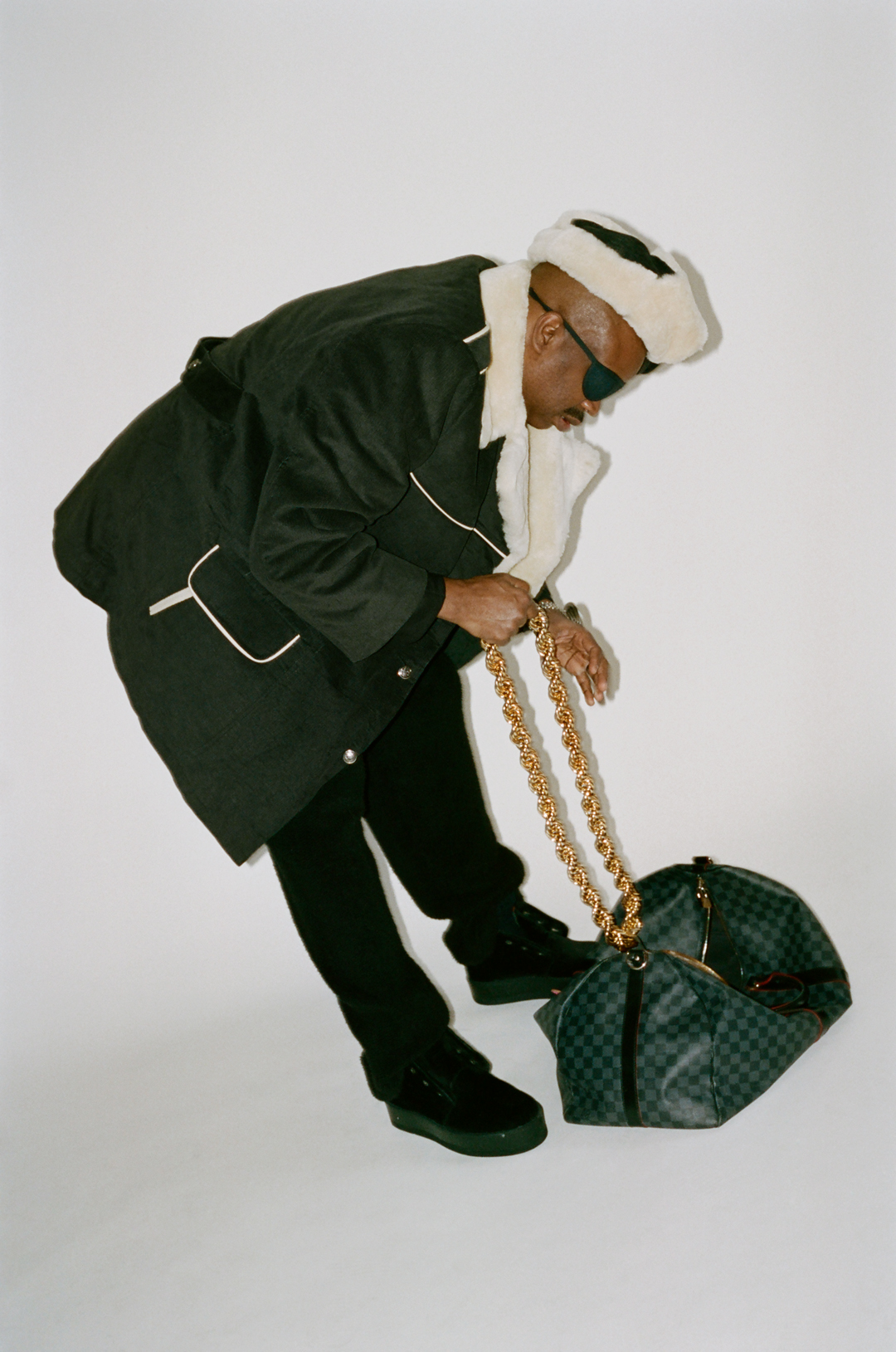
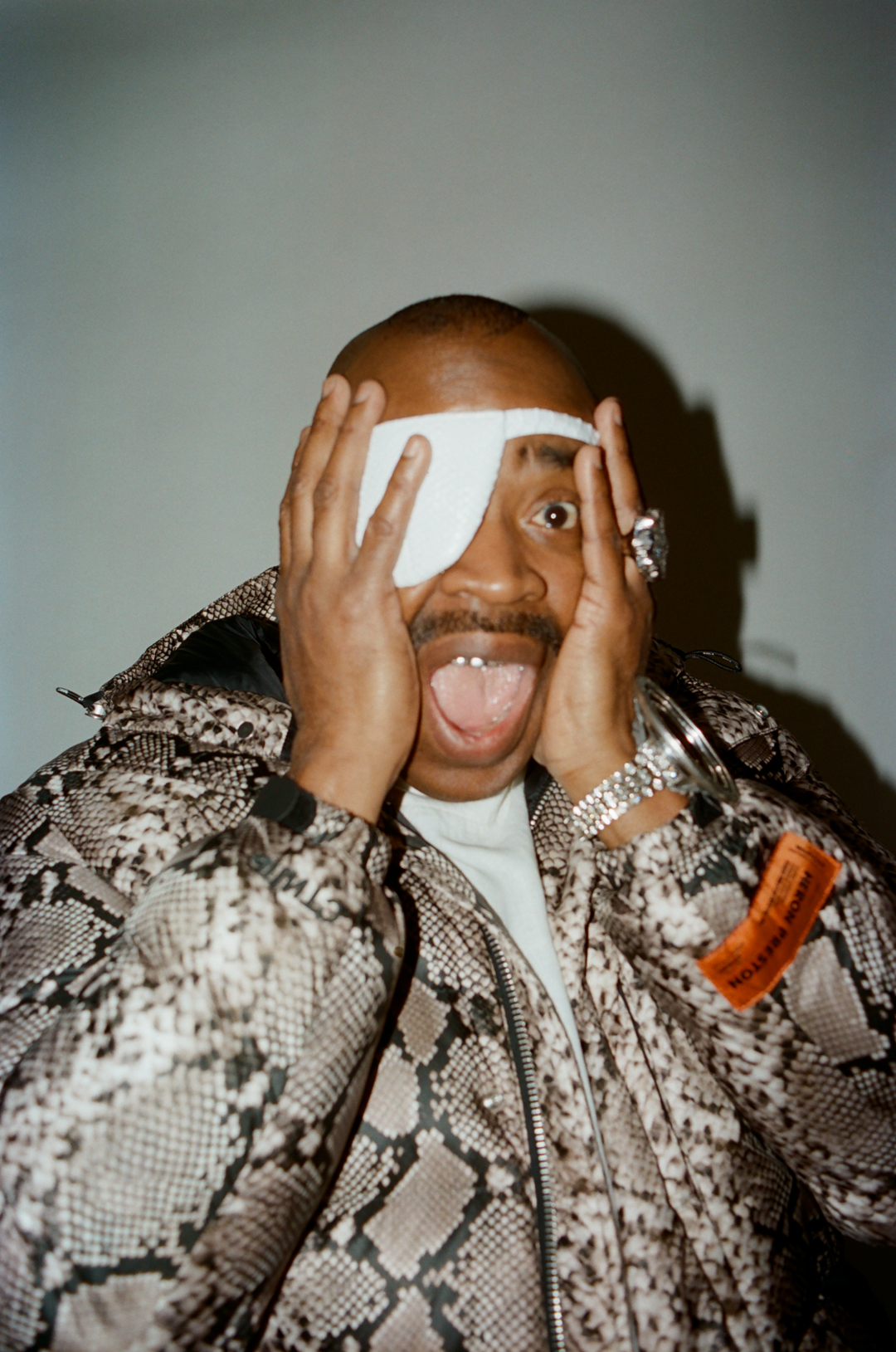
Shoes by CLARKS, hat, jacket, shirt and pants Slick’s own, jewelry throughout Slick’s own (left); Jacket by Heron Preston (right).
“It’s like gumbo,” Slick says of the record, “sometimes you gotta do a little tweaking here and there to keep it fresh and relevant in people’s two-step. But it’s still making a ruckus,” he adds. “It’s just like how James Brown’s records will never die—some records will never get old. And if they do, you just gotta tweak it a bit.”
It’s a pretty relaxed attitude for a rapper to have. But then again, Slick is pretty chill about everything. In an age when other musicians are constantly consumed with being and staying relevant, gaining and keeping followers, making music and doing collabs, his only concern is making sure he’s not boring—for his own sake.
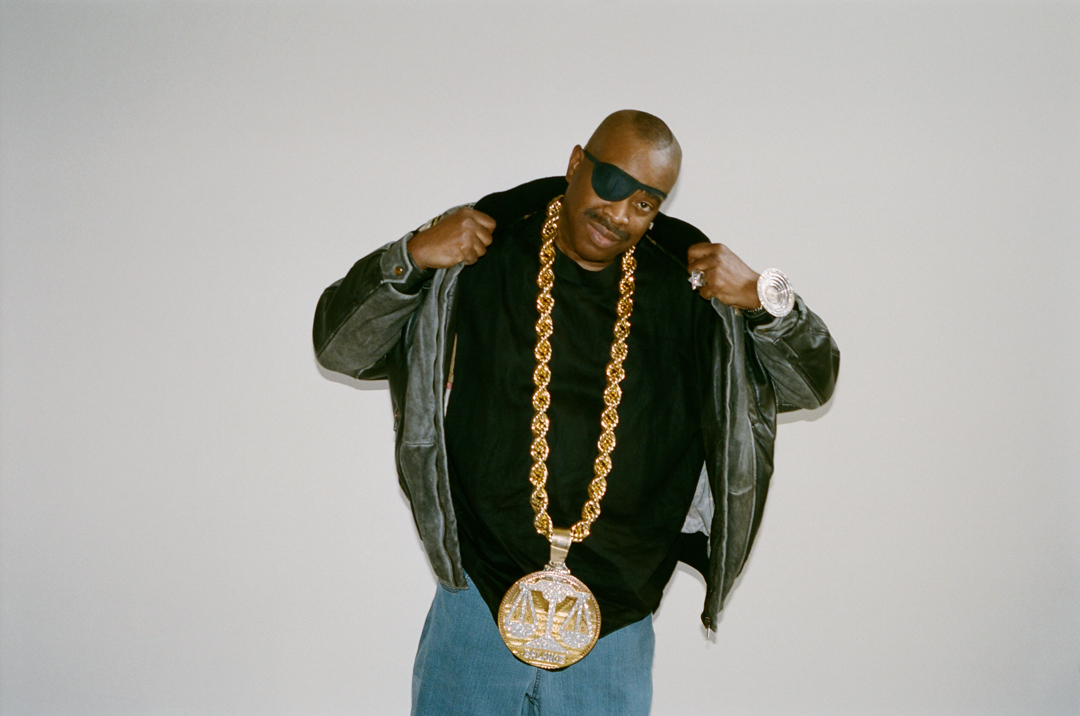
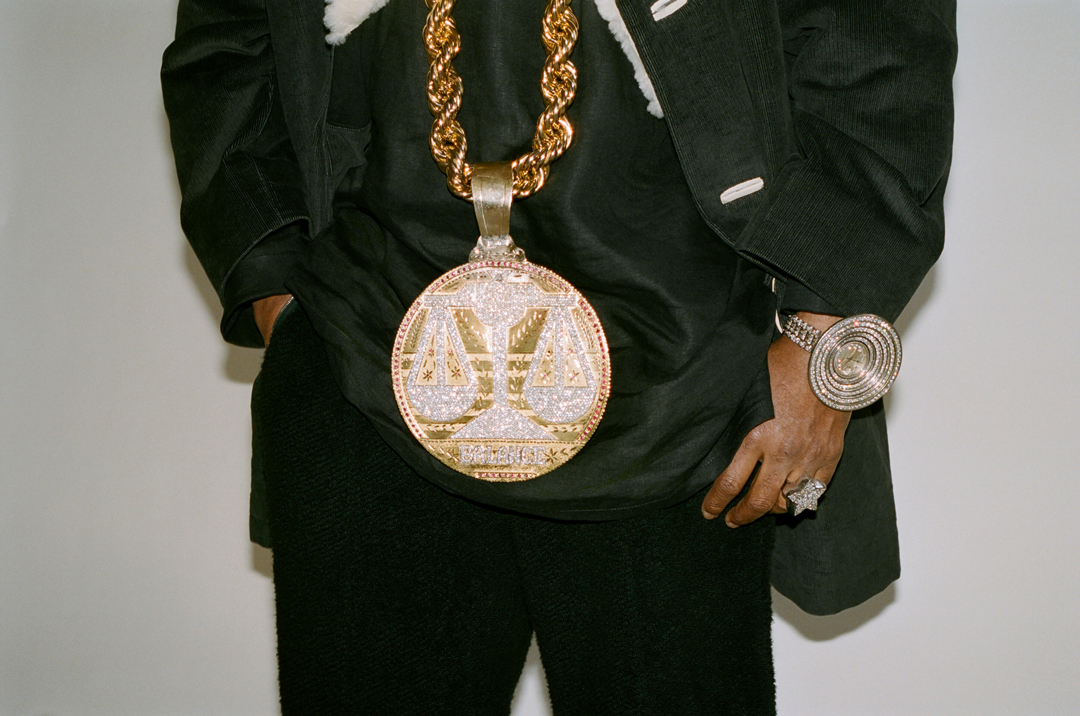
Jacket by GUCCI, shirt and pants Slick’s own (left); Shoes by CLARKS, hat, jacket, shirt and pants Slick’s own (right).
“I look at myself as my audience,” he tells me, “and as long as I entertain myself, and cure myself of boredom, then I feel I can present whatever it is I’m doing to the public.” The formula is pretty straightforward: “If I’m not happy, then I can’t expect the public to be happy,” he explains. “I don’t really work from a financial type of a situation—I work to cure myself of boredom. And if it sells, it sells; if it carries an audience, it carries an audience. But it still has to be for myself.” And as for what part he plays in the modern rap game, more than three decades since he first broke onto the scene? “My role is just to be myself.”
While that may be true, the world—and the world of hip-hop—has changed dramatically since Great Adventures topped the charts and I first heard “Children’s Story” and “Hey Young World” on the radio. Public Enemy and Eric B. and Rakim have been replaced by Yeezy and Drake; “Fight The Power” and “Fuck Tha Police” for “Sicko Mode” and “Twerk.” But that’s where Slick Rick sees an opportunity. “I got over 30 brand new joints right now that if any one of them were to hit the streets,” he boasts, “that would be a problem. That other shit—it’s cute, you know? But I got over 30 in the stash that says, ‘Listen, this is how you set the bar in hip-hop.’” That bar, for Slick, isn’t about followers, or politics—it’s about music, and doing something unexpected.
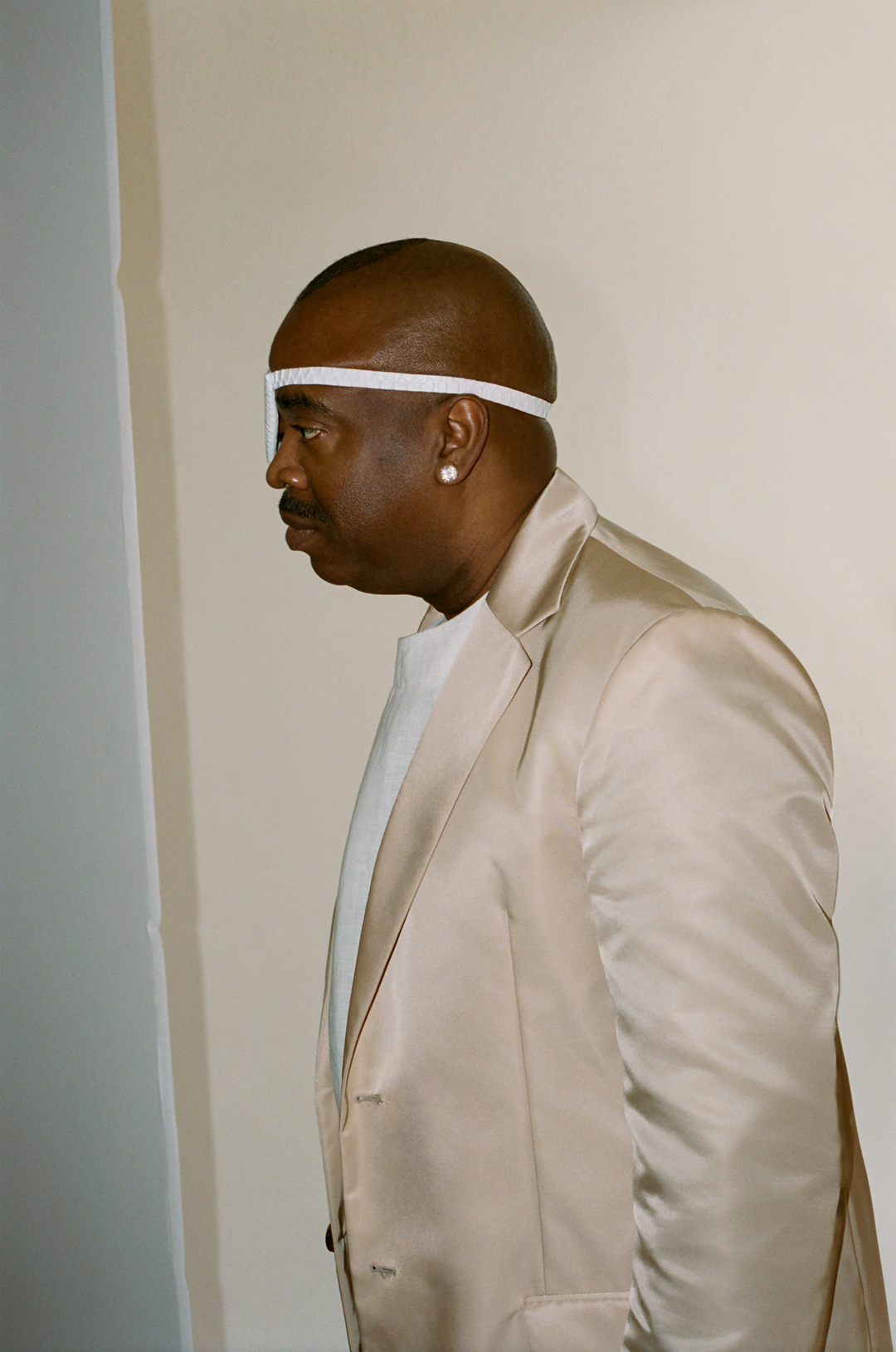
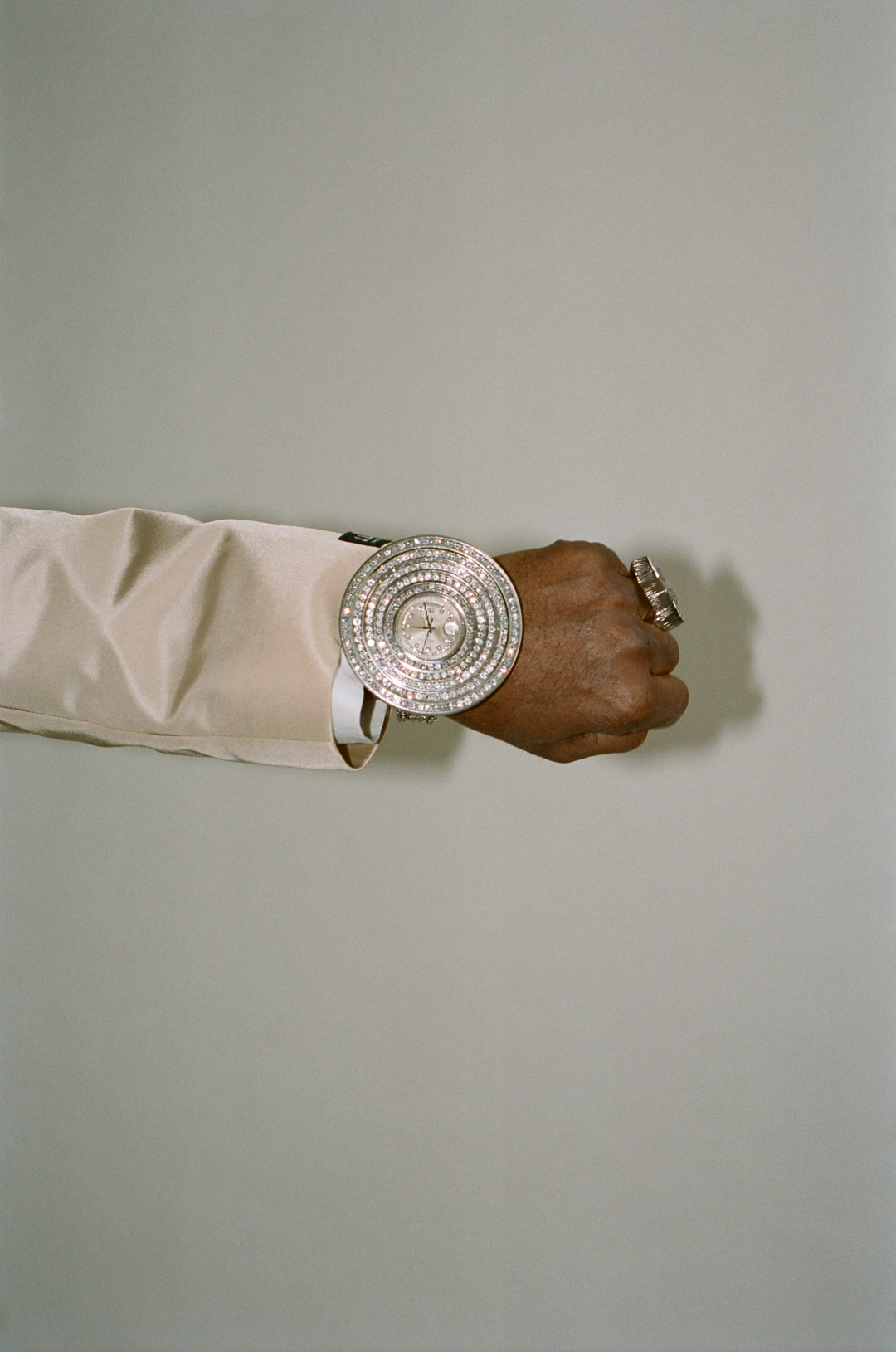
Jacket and shirt by J. LINDEBERG.
“That’s the worst thing—being predictable,” he tells me. I think that’s why he doesn’t like to call himself a legend. “People are hungry for new shit. And that’s what hip-hop is, what it’s always been—the melting pot of the entire planet.”
As I look back at him, his bottle of Cristal now empty, he peers through his glasses down at his diamond Rolex. “Look, you can go anywhere in the world right now and they know who the top hip-hop artists are. It’s what dictates culture. But at the end of the day, this is me, this is my life, if it inspires you to be yourself, then cool, ‘cause this is just me being myself and curing myself of boredom,” he smiles. “Like, I don’t want to see no Broadway play. I’m about the future—everything else is boring.”
Issue 10 is out now. Buy it here.

